Our Italian Christmas Adventure – Part II
Posted on June 13,2024 By John and Linda Compisi
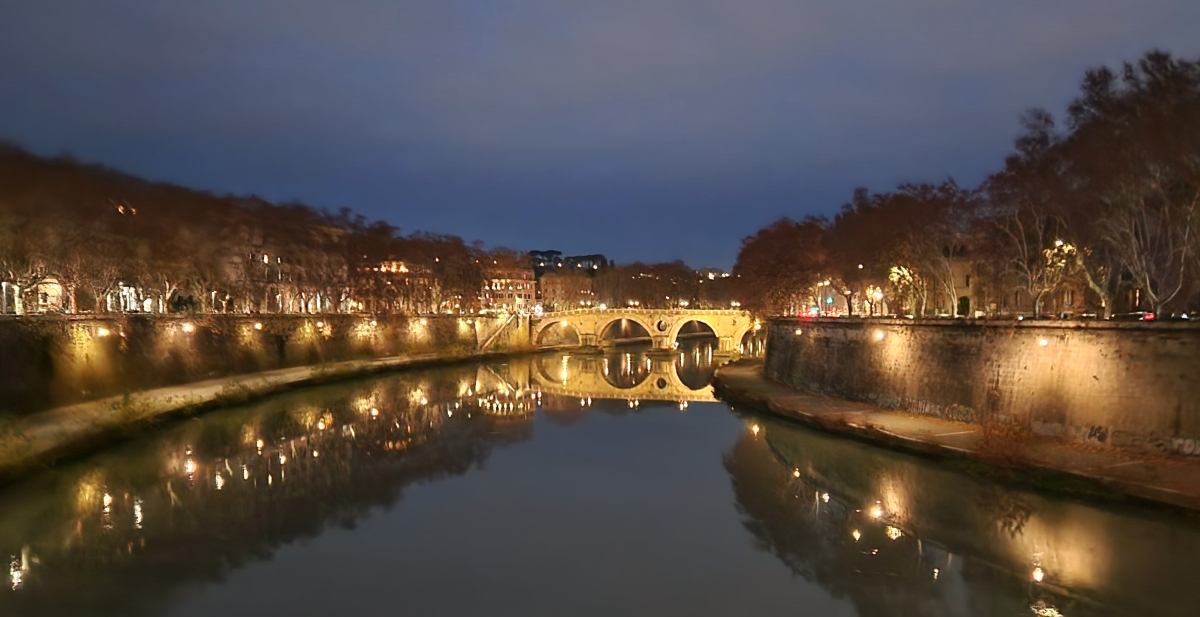
This is Part II of our two-part series on our Christmas in Italy adventure. In Part I we journeyed to Abruzzo, Naples, Pompeii, and Capri. Part II finds us in Florence (Firenze), Rome (Roma) and Assisi. Hope you are ready to be delighted.
Florence – the cradle of the Renaissance
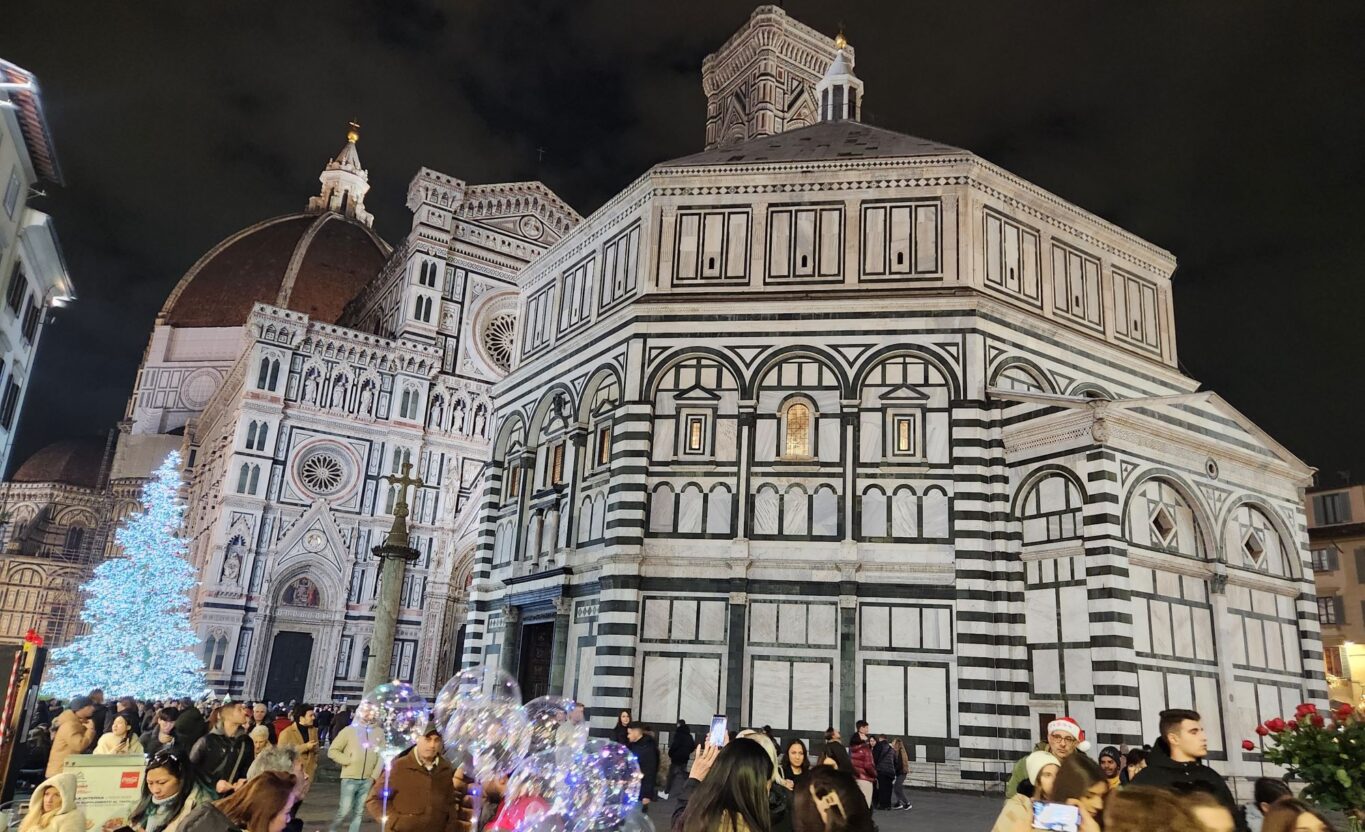
It was a bit sad seeing Vesuvius fade into the background but we knew new adventures were ahead. We departed Naples via high-speed train, stopping briefly near Rome and arriving in Florence about 2.5 hours later. The train was very comfortable and worth the 1st Class fare for convenience and comfort. We saw a lot of the country side while enroute.
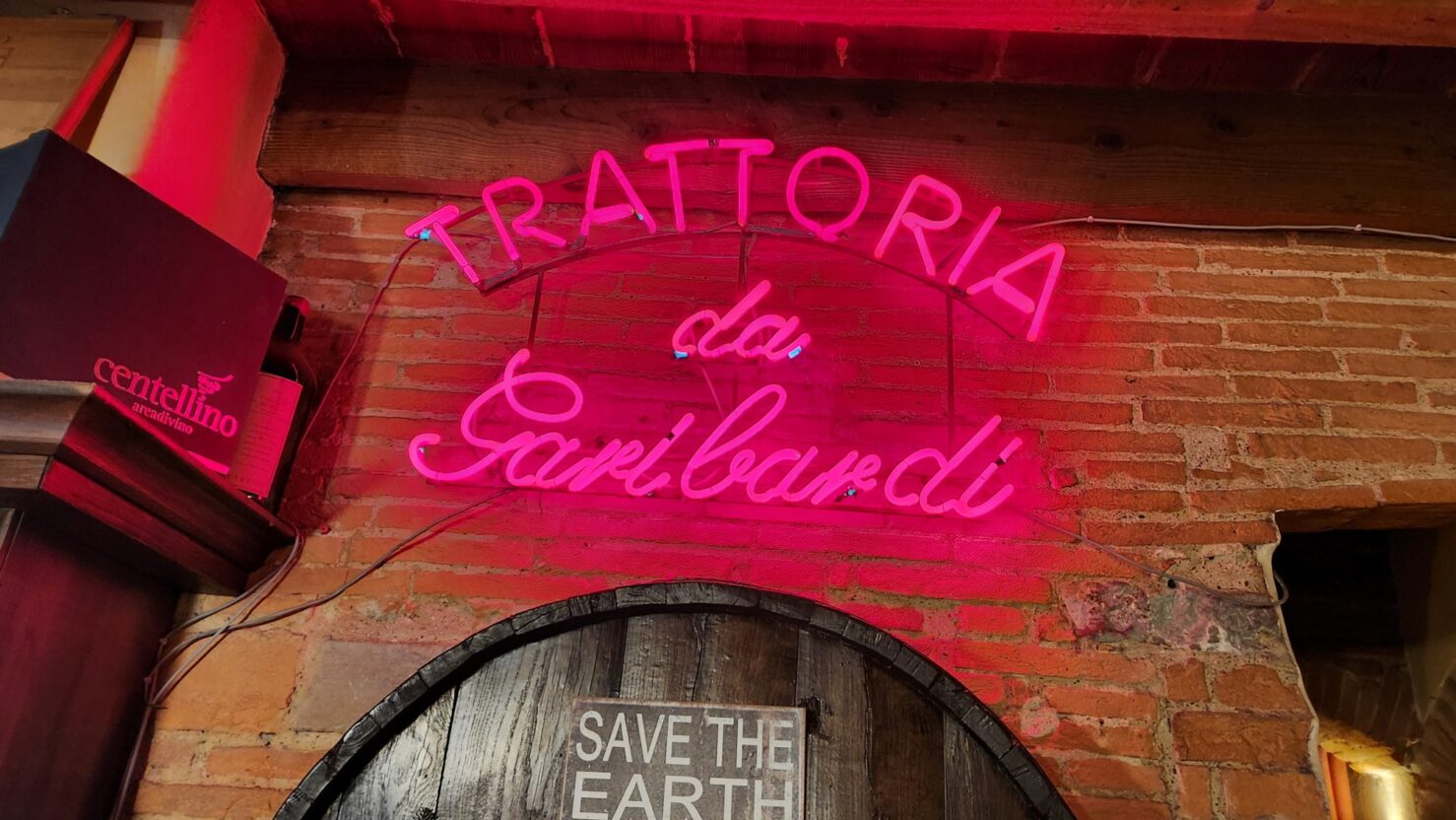
We arrived in Santa Maria Novella station and split up. Our daughter and her family were staying in one hotel and we in another. We each took and Uber to our respective hotels both in the San Lorenzo area. San Lorenzo is one of the best places to stay in Florence; centrally located and within easy walking distance of both the Duomo and the train station.
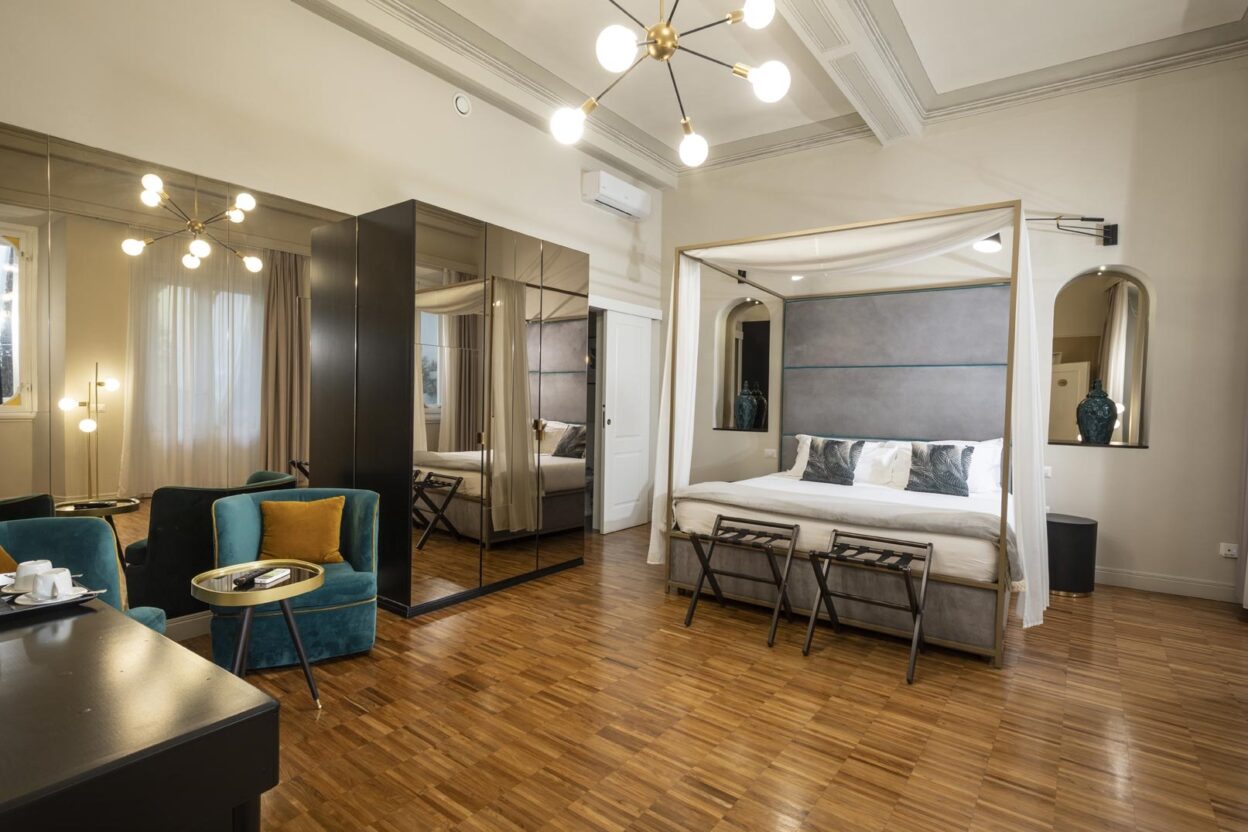
Ours was the Hotel Ricasoli Garden Relais which was very well situated to enjoying the most memorable features of Florence while being in a quiet residential neighborhood close to the Duomo, Uffizzi Gallery, the Gallery of the Academy of Florence and numerous hotels and restaurants.
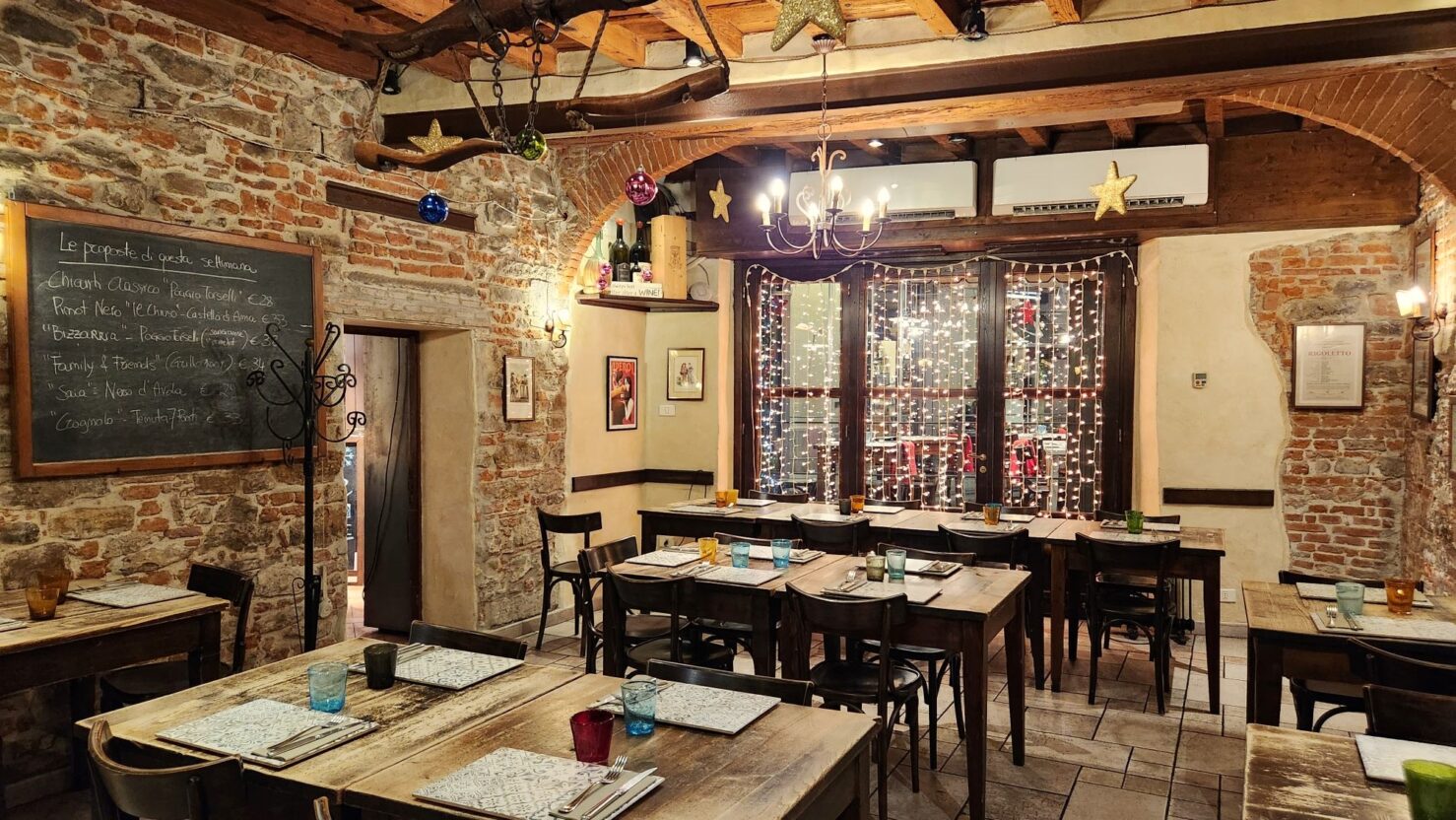
After checking-in to our Bed and Breakfast we joined our daughter and her family to grab a bite to eat and learn the lay of the land. The weather was comfortably cool and walkable. We soon walked to Trattoria da Garibardi and enjoyed various Florentine favorites. For me, the cinghiale with pappardelle is irresistible. Probably had it twice in two days. The meat is tender and the sauce is a bit sweet and both are complimented by the pasta. Linda enjoyed her favorite, the classic vegetarian Tuscan soup, called Ribollita. Nothing more comforting than this soup which is packed with greens, beans, olive oil, parmesan cheese and Italian bread.
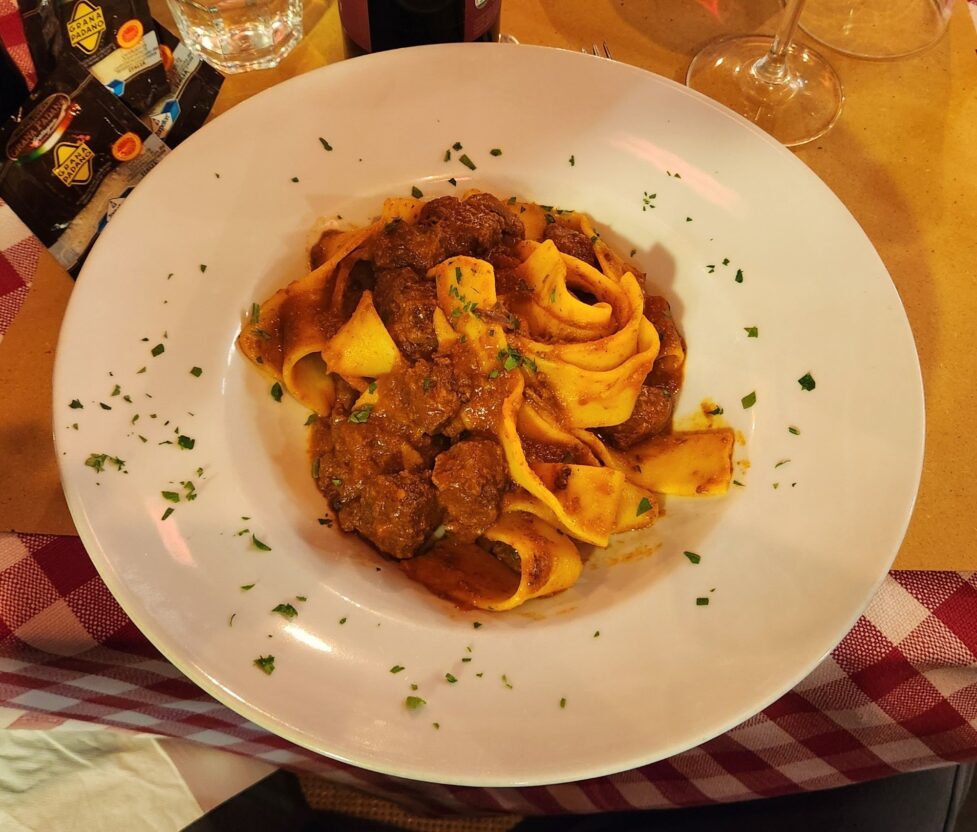
Our first evening, we wandered to Piazza San Lorenzo. The Piazza and the connecting streets which were festooned with Christmas lights. The streets were filled with shoppers and most of the shops were open to capture the business related to this Holiday period. The square is frequented by tourists who cross it to access the basilica complex and by the nearby Central Market and souvenir stalls. It’s a short walk from the Piazza to the Cathedral of Santa Maria del Fiore, whose Duomo and Dome are among the major attractions of Florence. Amazingly, the first stone for this massive church was laid on September 8th, 1296.
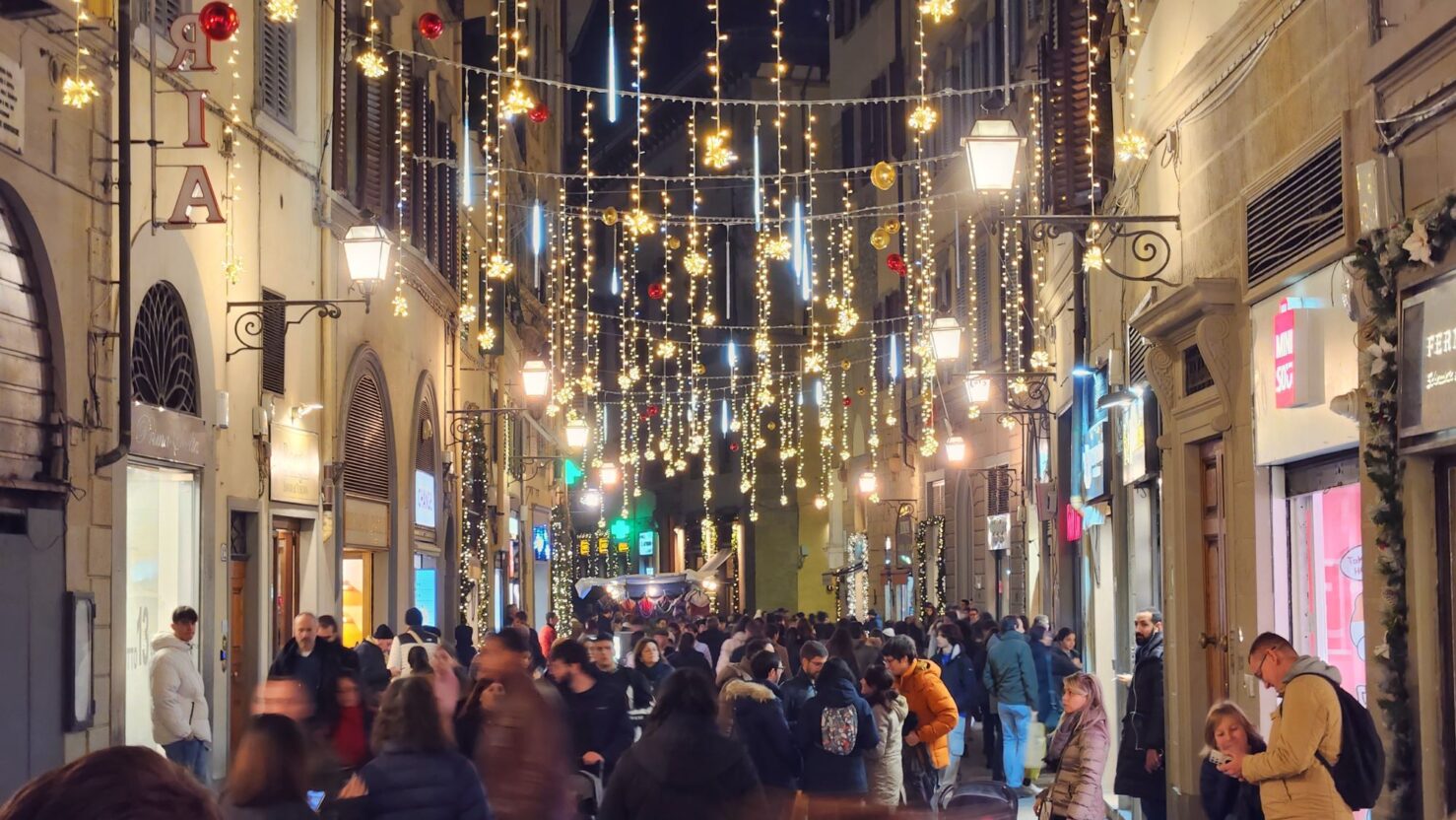
The next morning, we began a full day of touring. First up was the La Galleria dell’Accademia di Firenze, a specialized art museum in Florence, best known for being the home of Michelangelo’s sculpture David. It has housed the original since 1873. It has other sculptures by Michelangelo and a large collection of paintings by Florentine renaissance artists. It is smaller but much more focused than the Uffizi, the main art museum in Florence. Our guide was fabulous and so knowledgeable. We moved quickly through the gallery. We avoided being bogged down with too much detail as she was able to provide the most important details and inform us on the major exhibit items in the gallery.
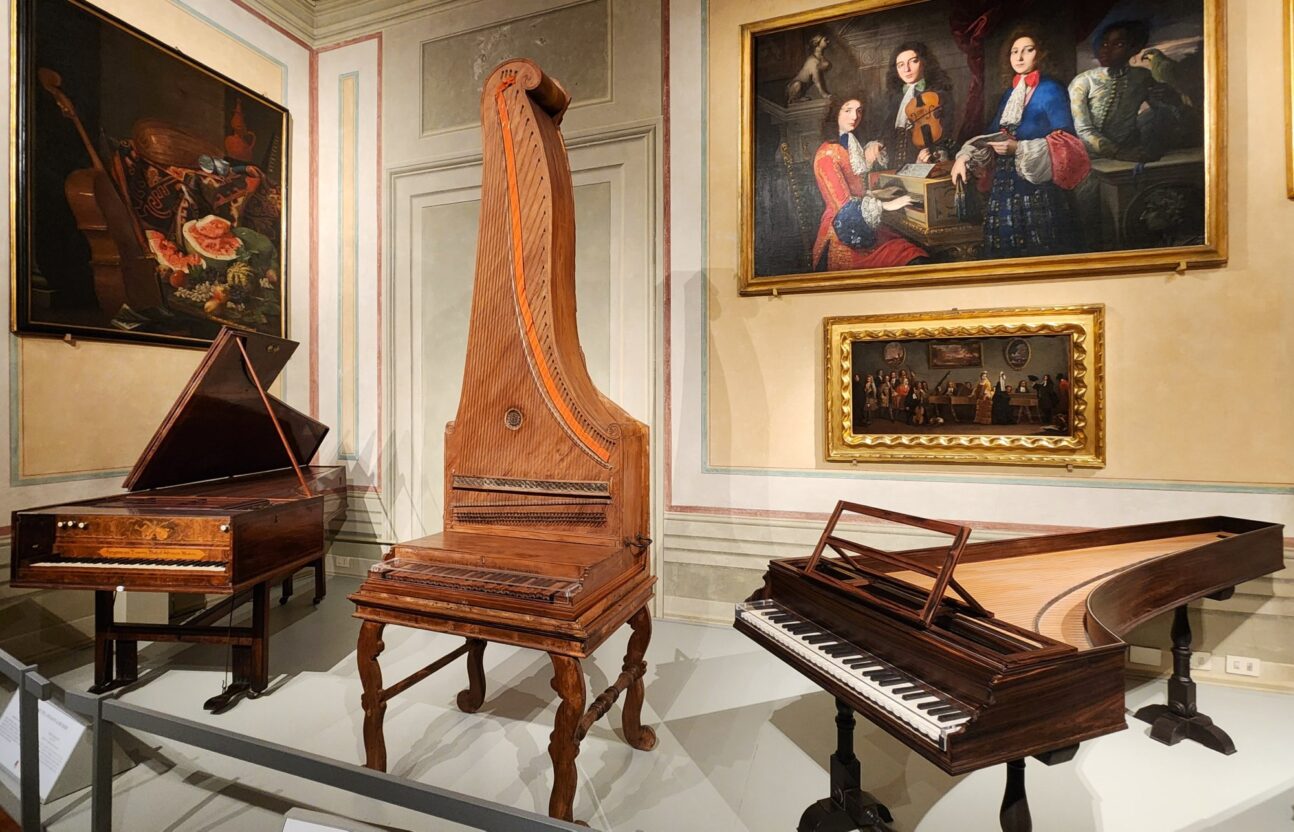
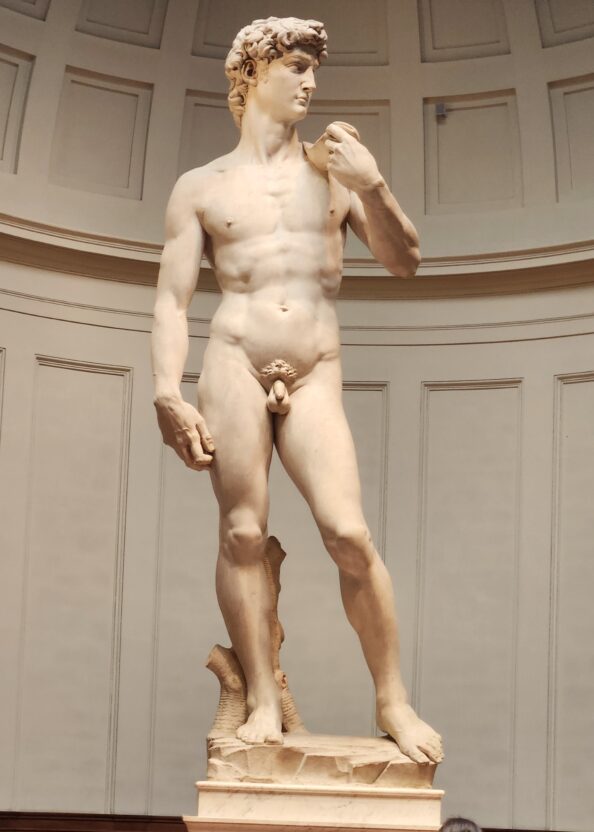
After nearly 3 hours in the Gallery Academy, our guide led us through the streets to the Piazza della Signoria and the entrance to the Gallerie degli Uffizi, the Uffizi Gallery, perhaps the most famous art gallery in Italy. The Uffizi calls itself “a gallery of wonders, a compendium of absolute masterpieces from western painting, set out in chronological order, from the 13th to the 18th centuries, with the addition of an archaeological collection of ancient Greek and Roman sculptures.” A very accurate description.
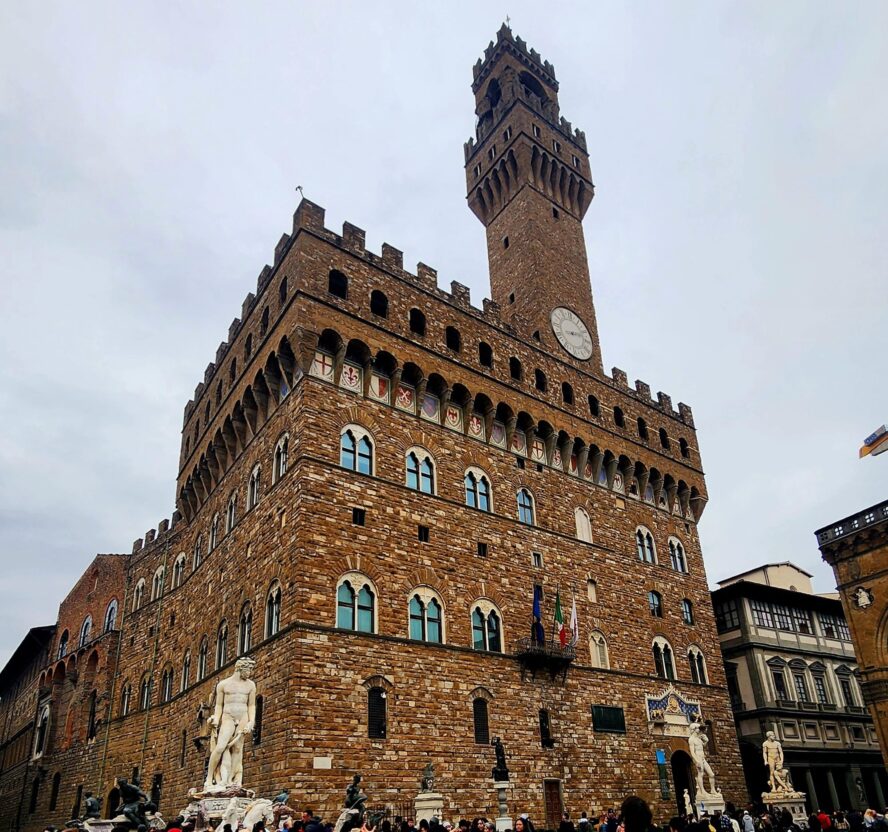
There is so much history in Florence at every turn, but unlike Rome, it is more approachable in its accessibility. Another example of this is another ‘must visit’, the Ponti Vecchio, also known as the Goldsmith’s Bridge. The bridge, standing in its current configuration for nearly 700 years, is built of stone with shops built on top. Currently the shops are operated by jewelers, art dealers and souvenir purveyors but in the past had shops for butchers and tanners. It is the only bridge in Florence that was not destroyed during World War II although it has been damaged numerous times by the Arno flooding.
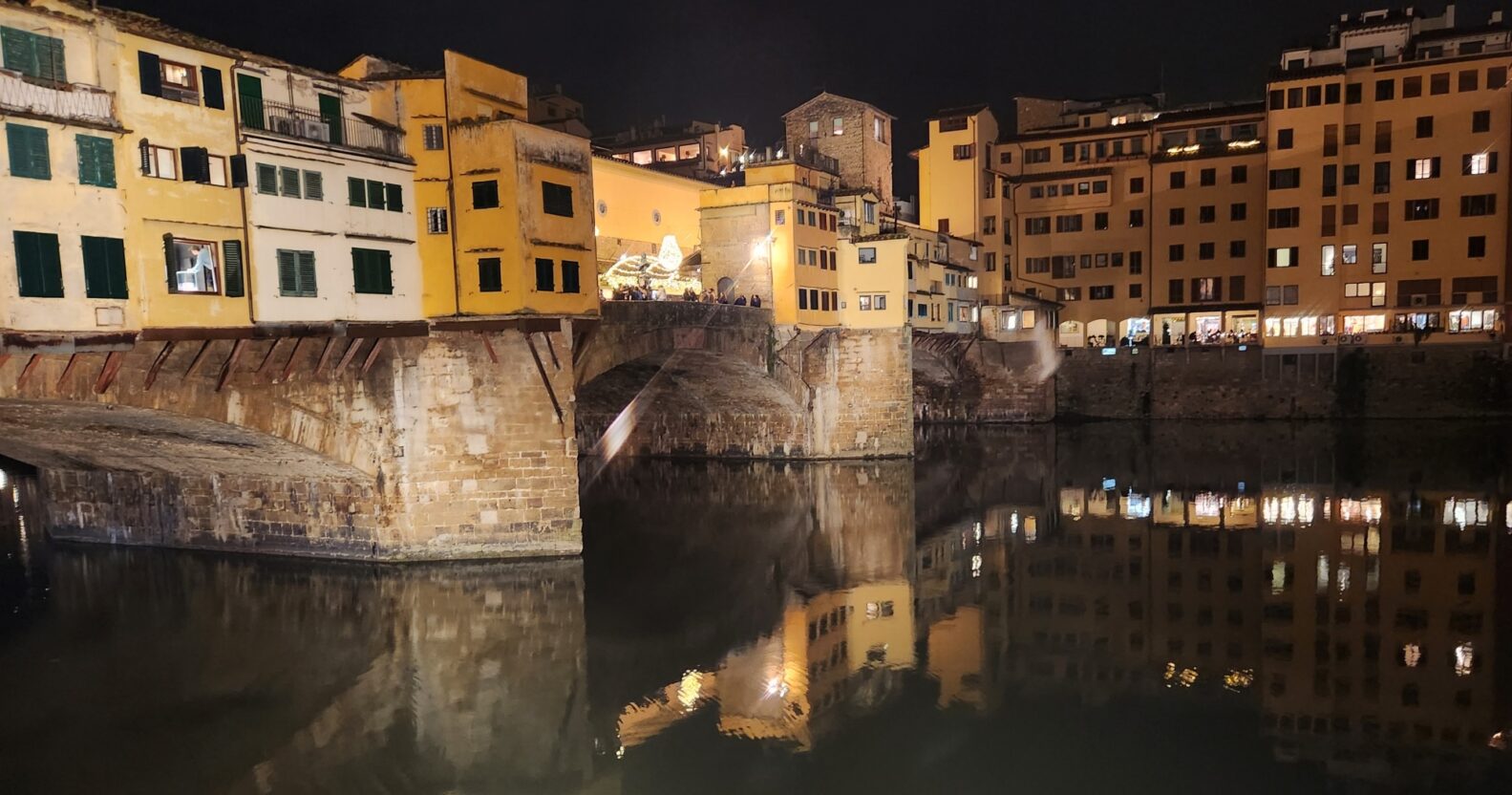
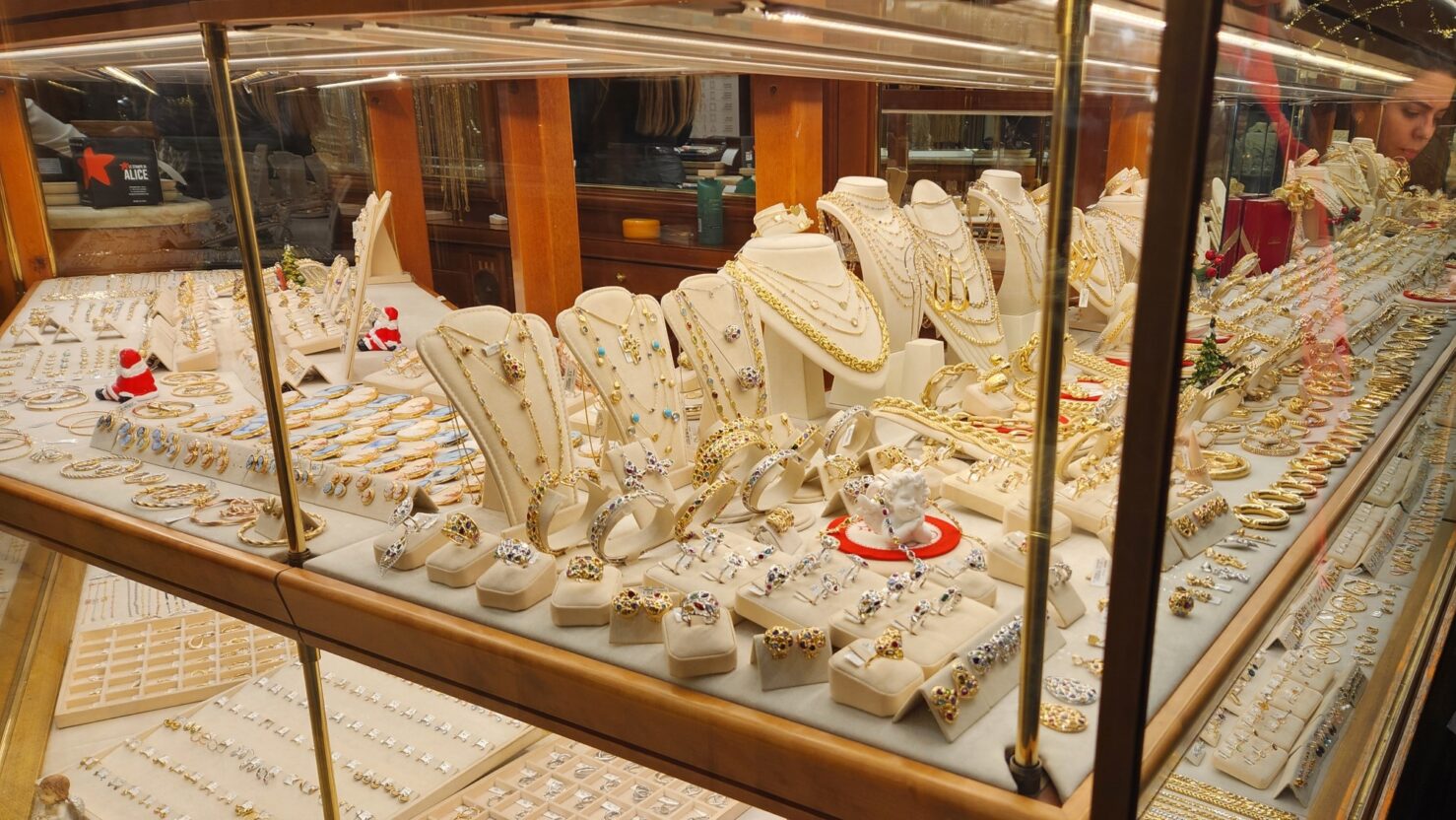
Rome – La Città Eterna
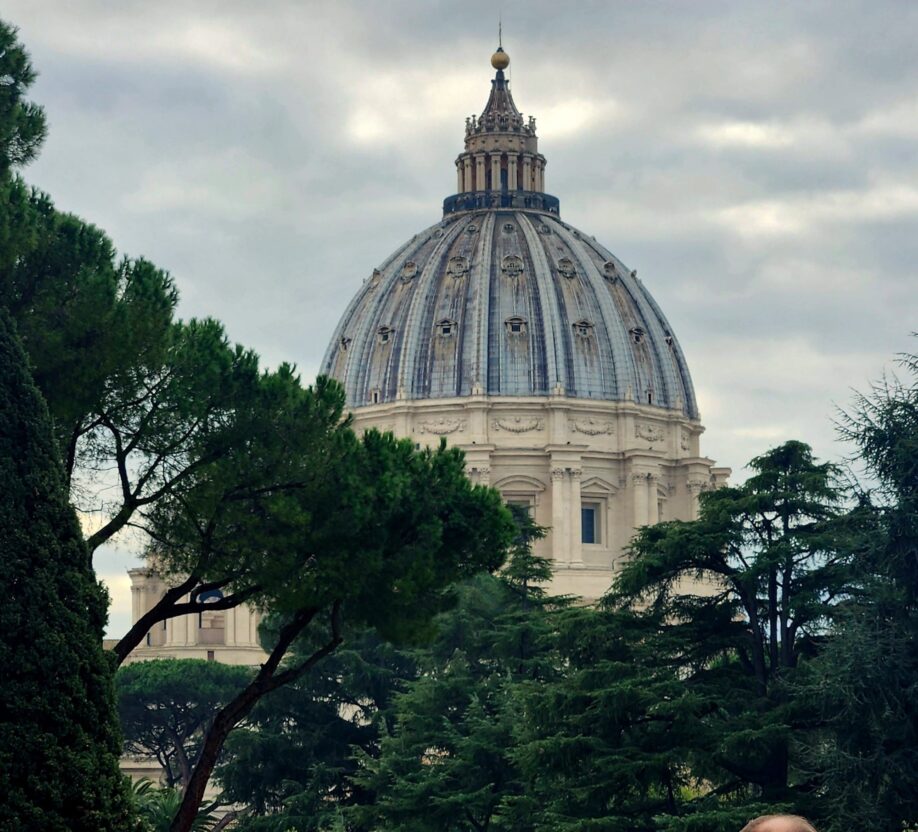
After two wonderful days in Florence, the six of us boarded another high-speed train to return to Rome where we were scheduled to spend 5 days. We arrived in early afternoon and split up as our daughter and family were staying in a B&B in the Trastevere area of Rome. We stayed in the Doubletree by Hilton Rome Monti.
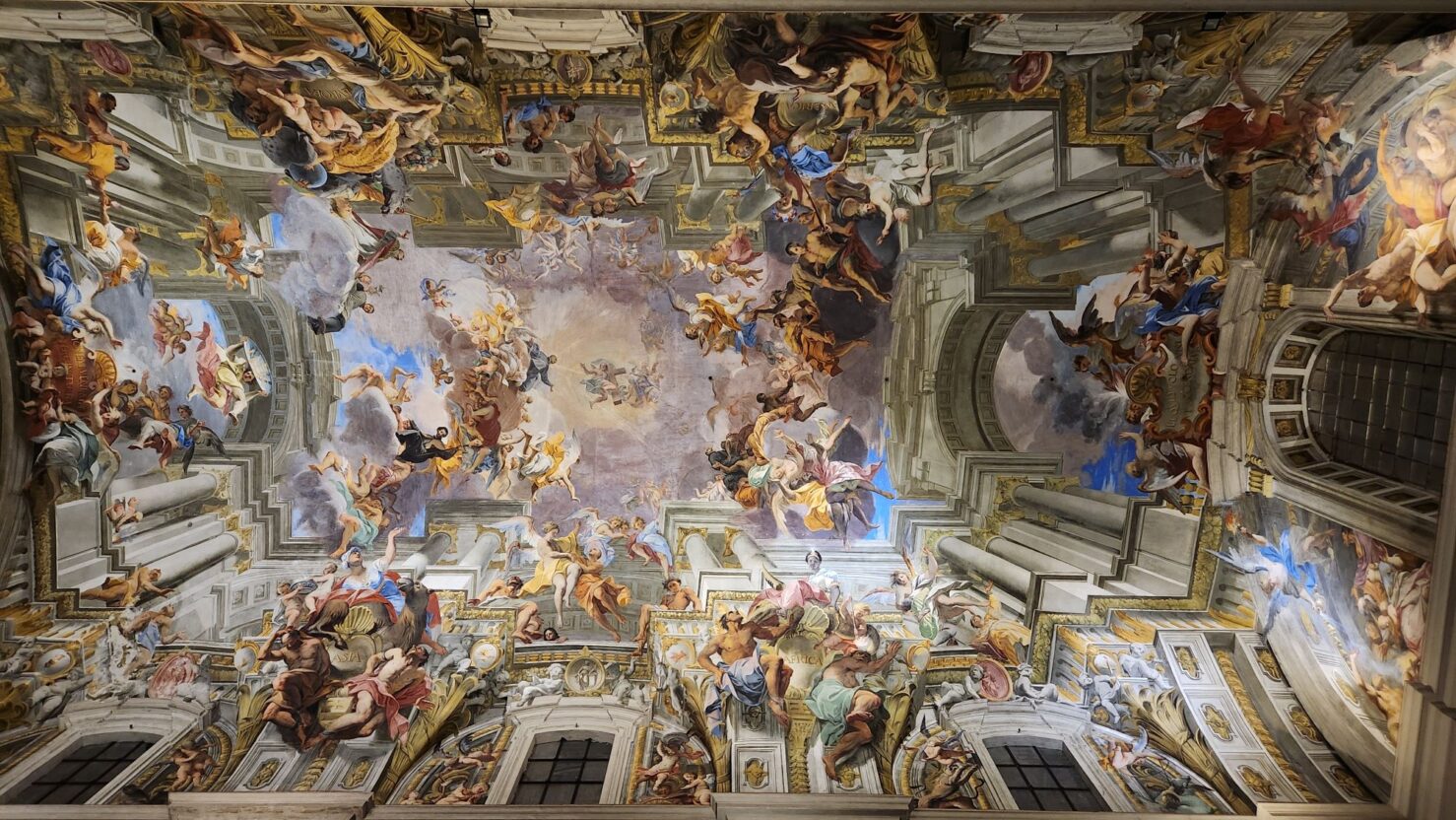
The hotel has a roof top bar, great breakfast (not included), a very pleasant lobby area, is quiet and has nicely appointed, although compact, rooms. We would return there in the future.
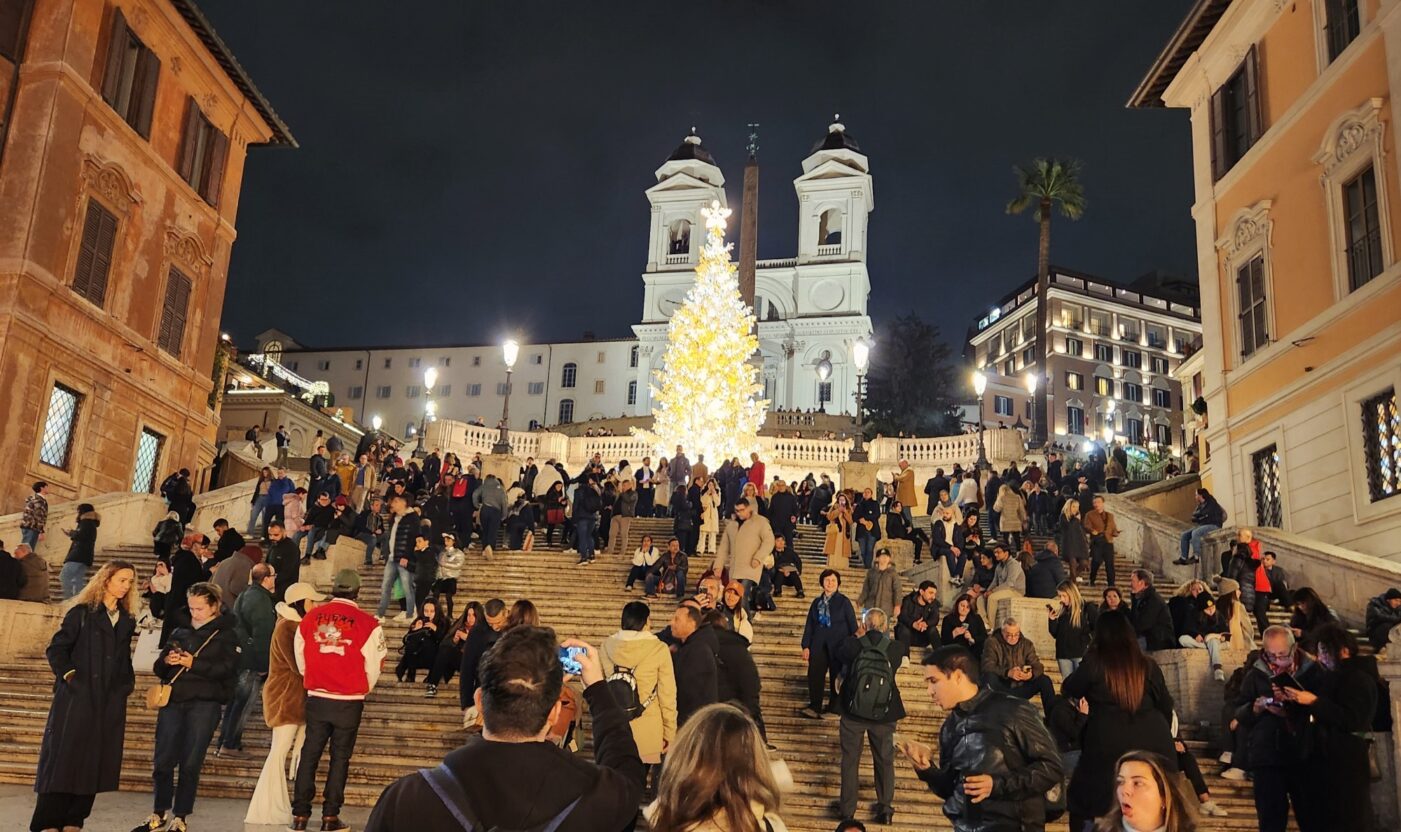
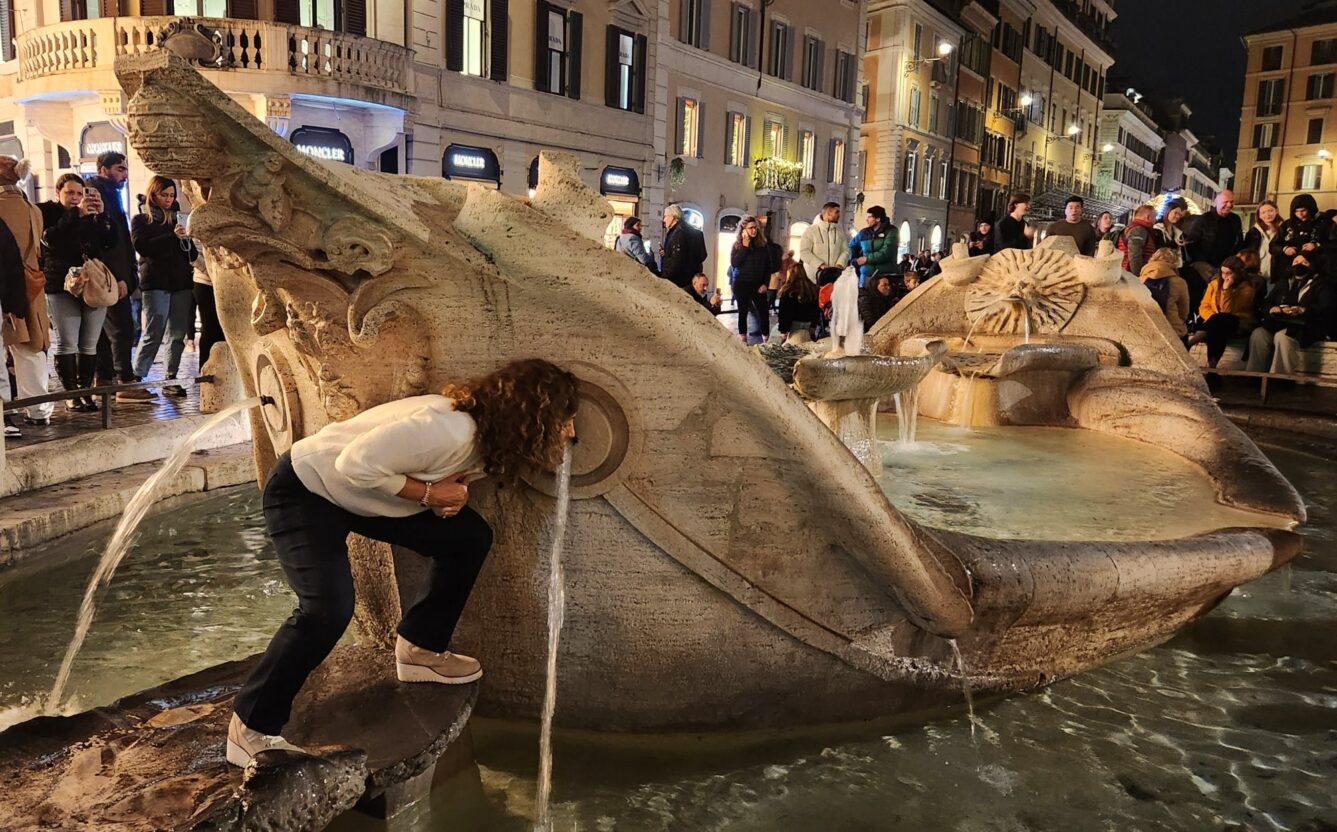
The Monti section of Rome is virtually surrounded by, and walking distance from, nearly all the sites in Rome one might want to see: the Vatican, the Colosseum, the Trevi Fountain, the Spanish Steps, the Monument to Victor Emmanuel, the Forum and so much more.
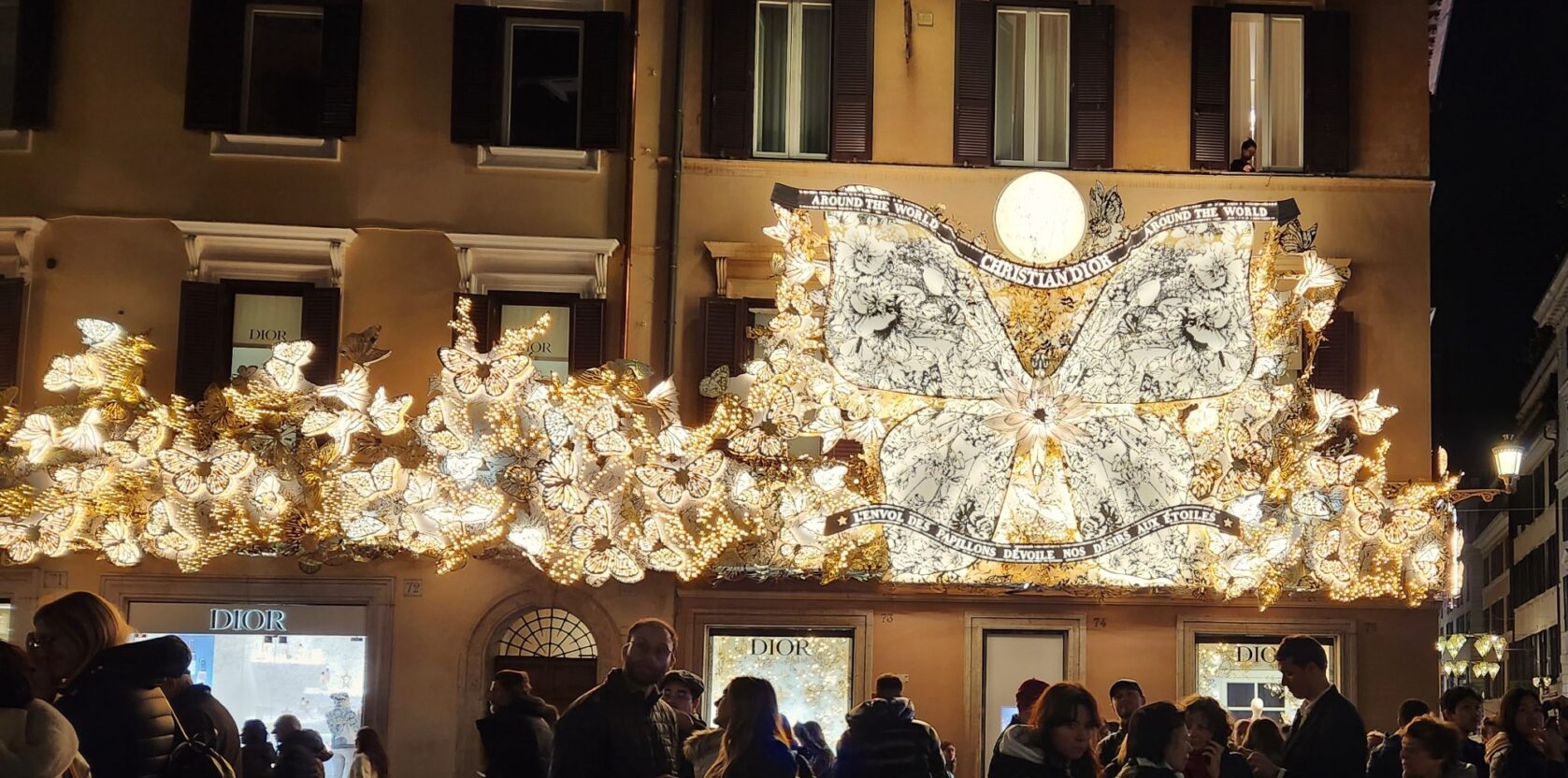
The food in Rome was just as lovely as the food in Naples and Florence. We found many Trattorias and Ristorantes to enjoy lunches and dinner or just a glass of wine.
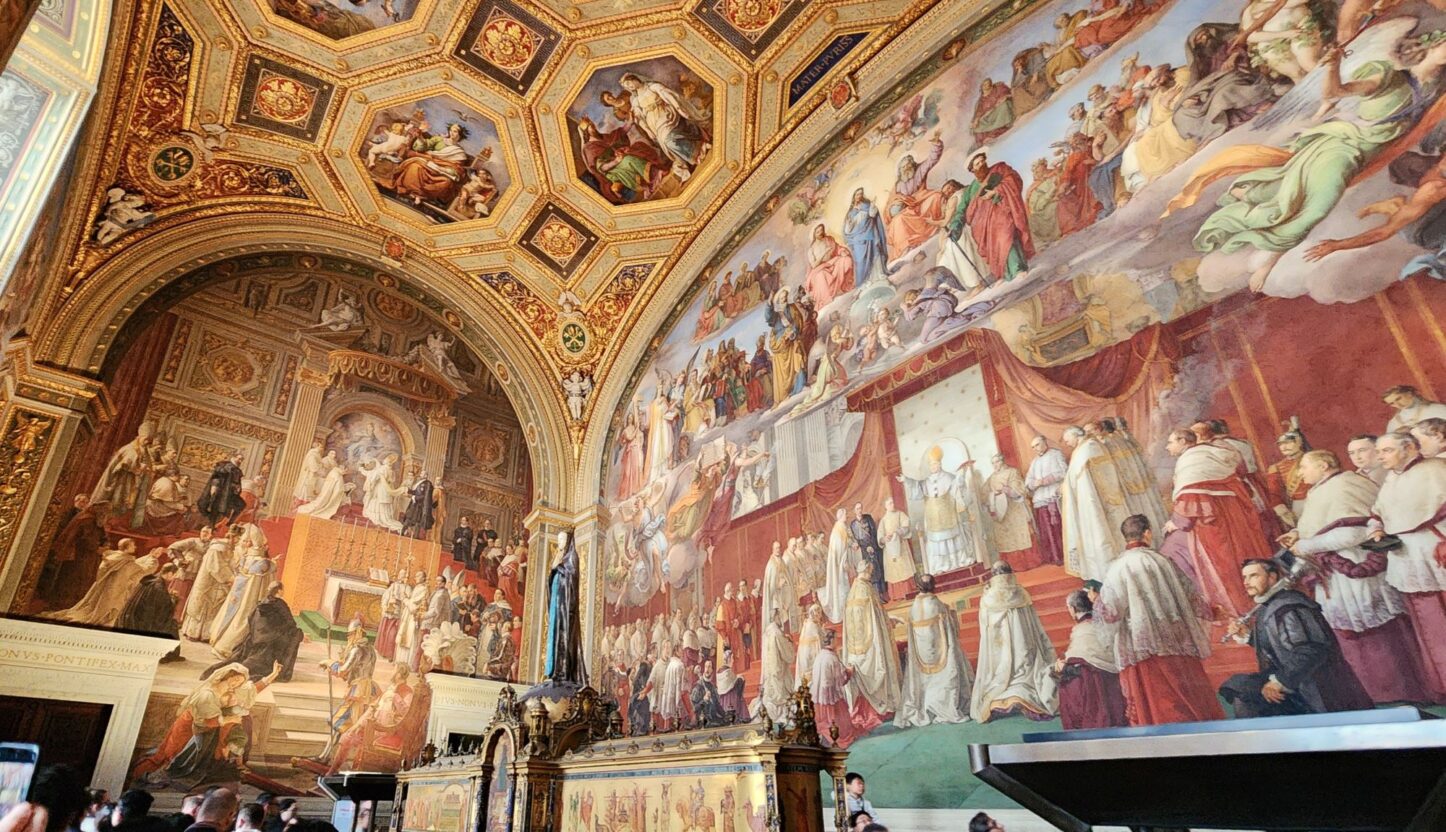
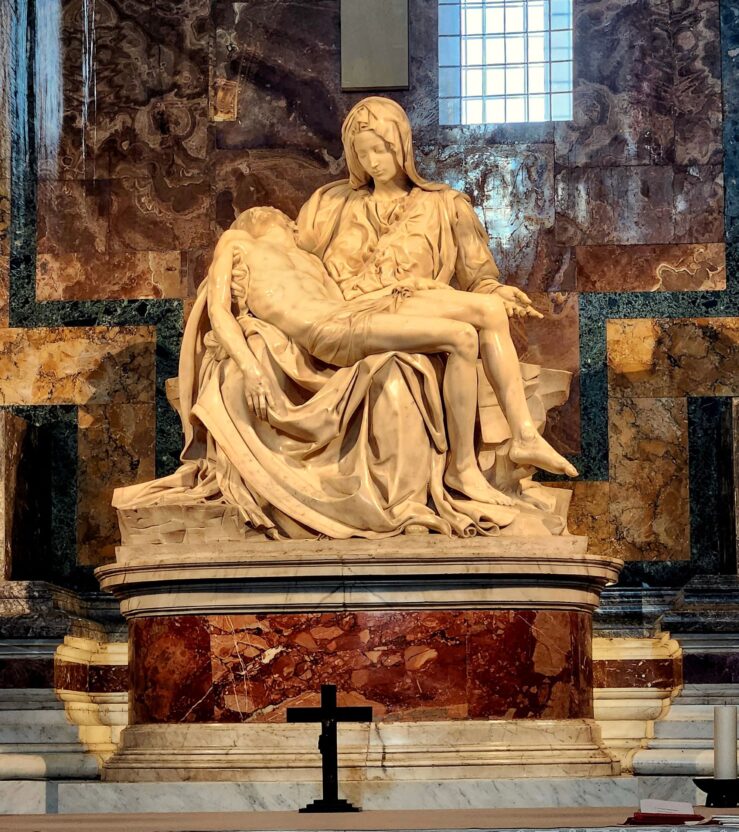
The Vatican Museum (actually a collection of museums inside the Vatican) is perhaps the greatest museum in the world with art and artifacts collected over centuries. It includes the famous Sistine Chapel (link to the virtual tour), the Niccoline Chapel, Raphael’s Rooms (linked video from the Vatican Museum website is representative), the Borgia Apartment and so much more. Our guide, again, an amazingly knowledgeable with a great sense of humor kept us moving while covering all the important highlights. This tour took about 3 hours and ended with the Sistine Chapel which was absolutely packed (uncomfortably so).
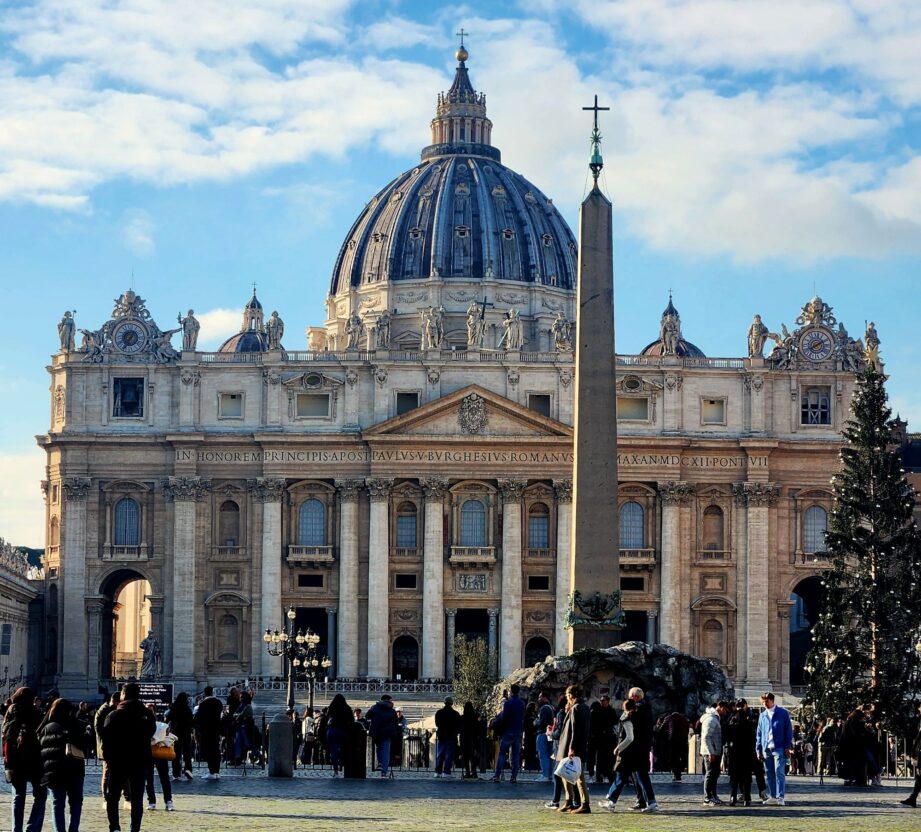
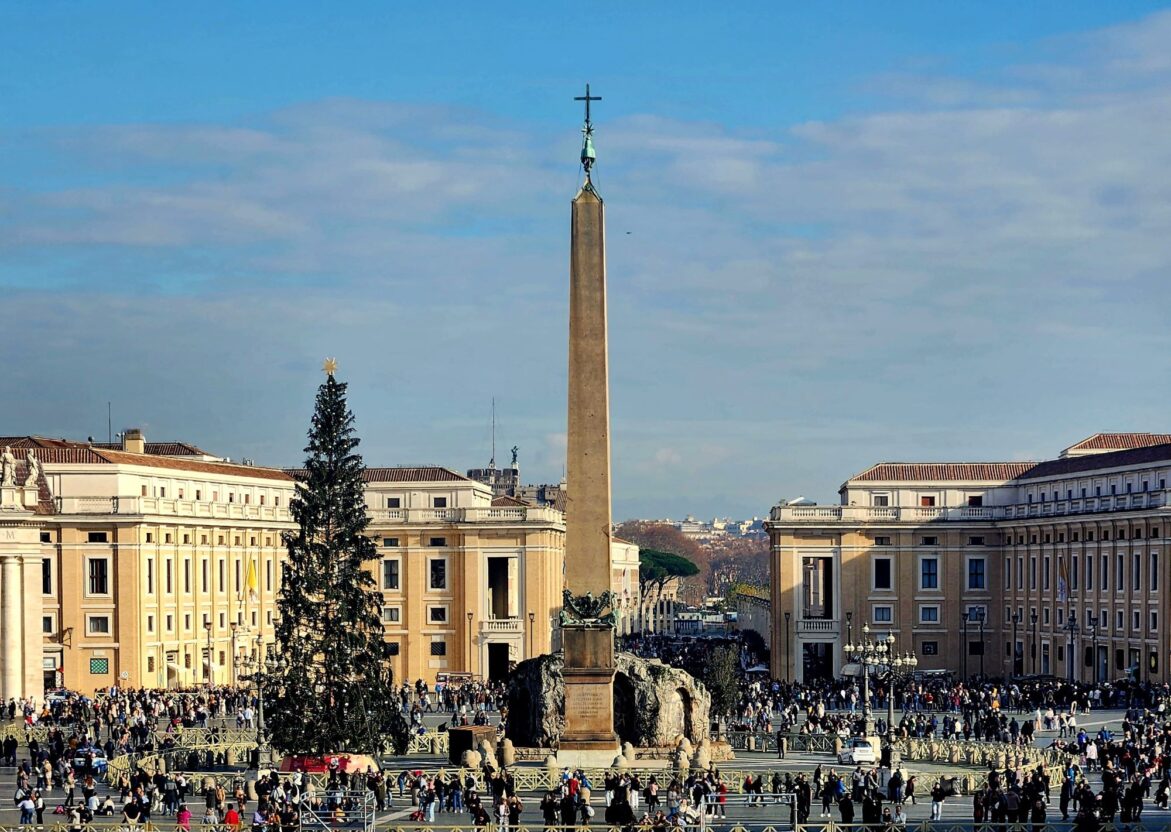
As we exited the Museum our ticket allowed us to do a self-tour of St. Peter’s Basilica. Of course, this is where Michelangelo’s Pieta and the Baldachin, by Bernini and commissioned by Pope Urban VIII 400 years ago. These two priceless pieces are stunningly beautiful in exactly the opposite ways. The Pieta is a simple depiction of Mary’s devotion to her son after his crucifixion while the Baldachin is a colossus of grandeur and ornamentation.
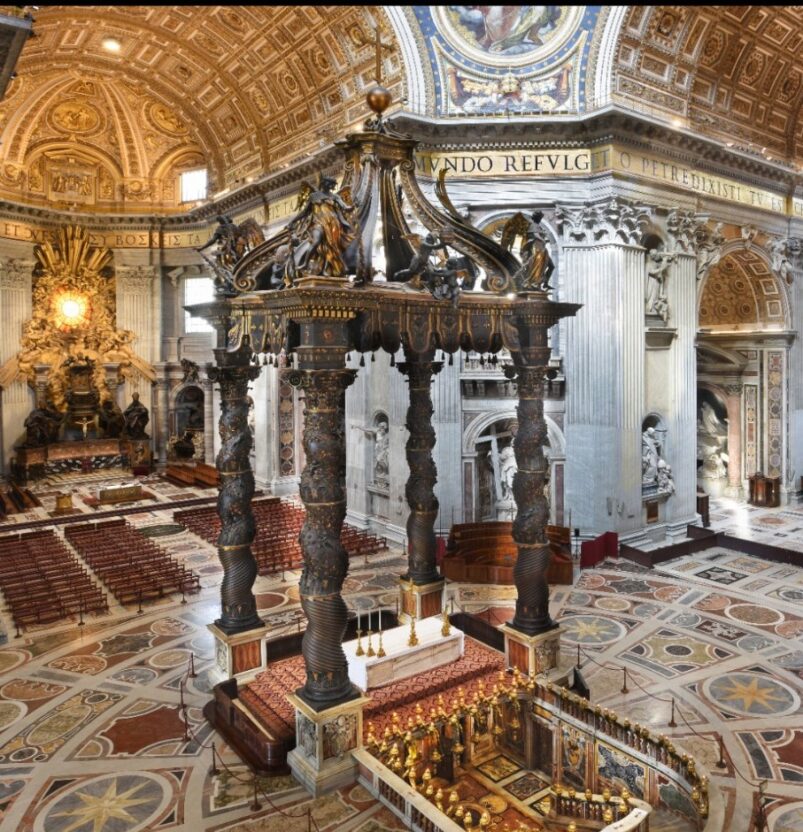
The Colosseum is perhaps the most widely recognized symbol of Imperial Rome as it displays the phenomenal advancement of this civilization in terms of engineering, power and wealth. It also portrays the brutal nature of the rulers and the citizens of Rome.
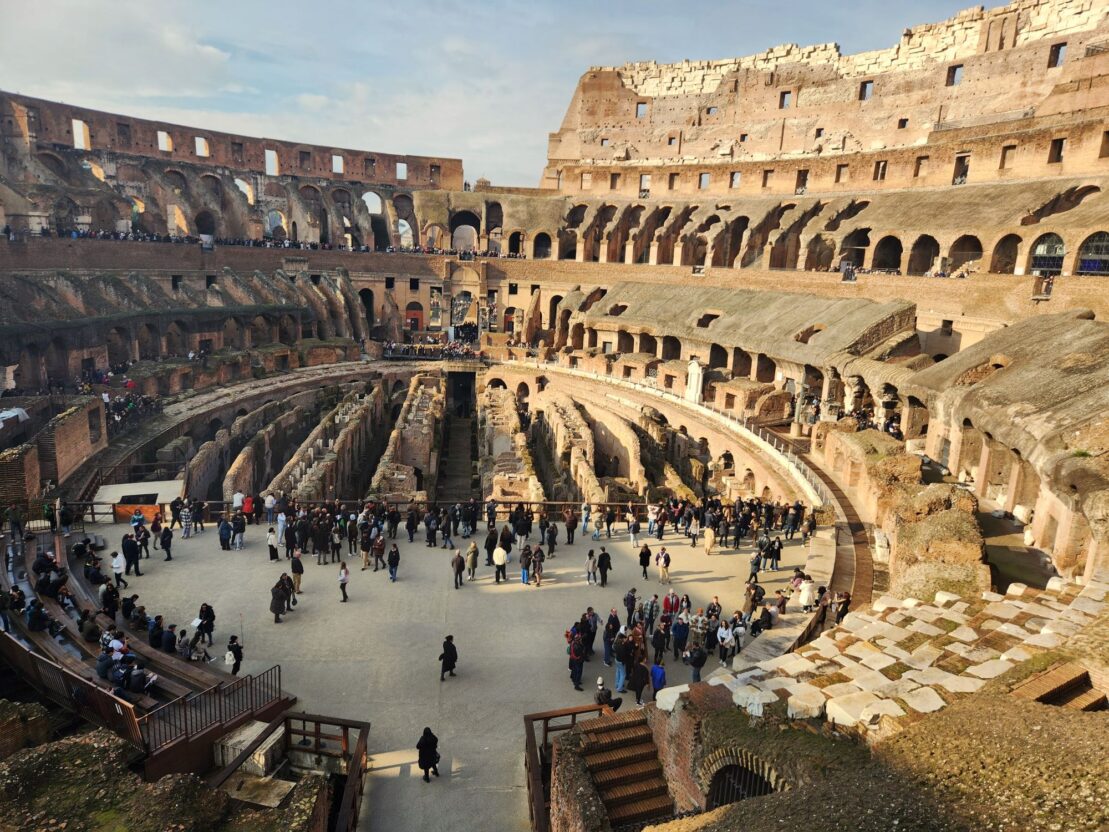
Construction was completed in Anno Domini (AD) 80 and the Flavian Amphitheatre remains the largest ever built as well as the largest amphitheater still standing in the world after nearly 2,000 years.
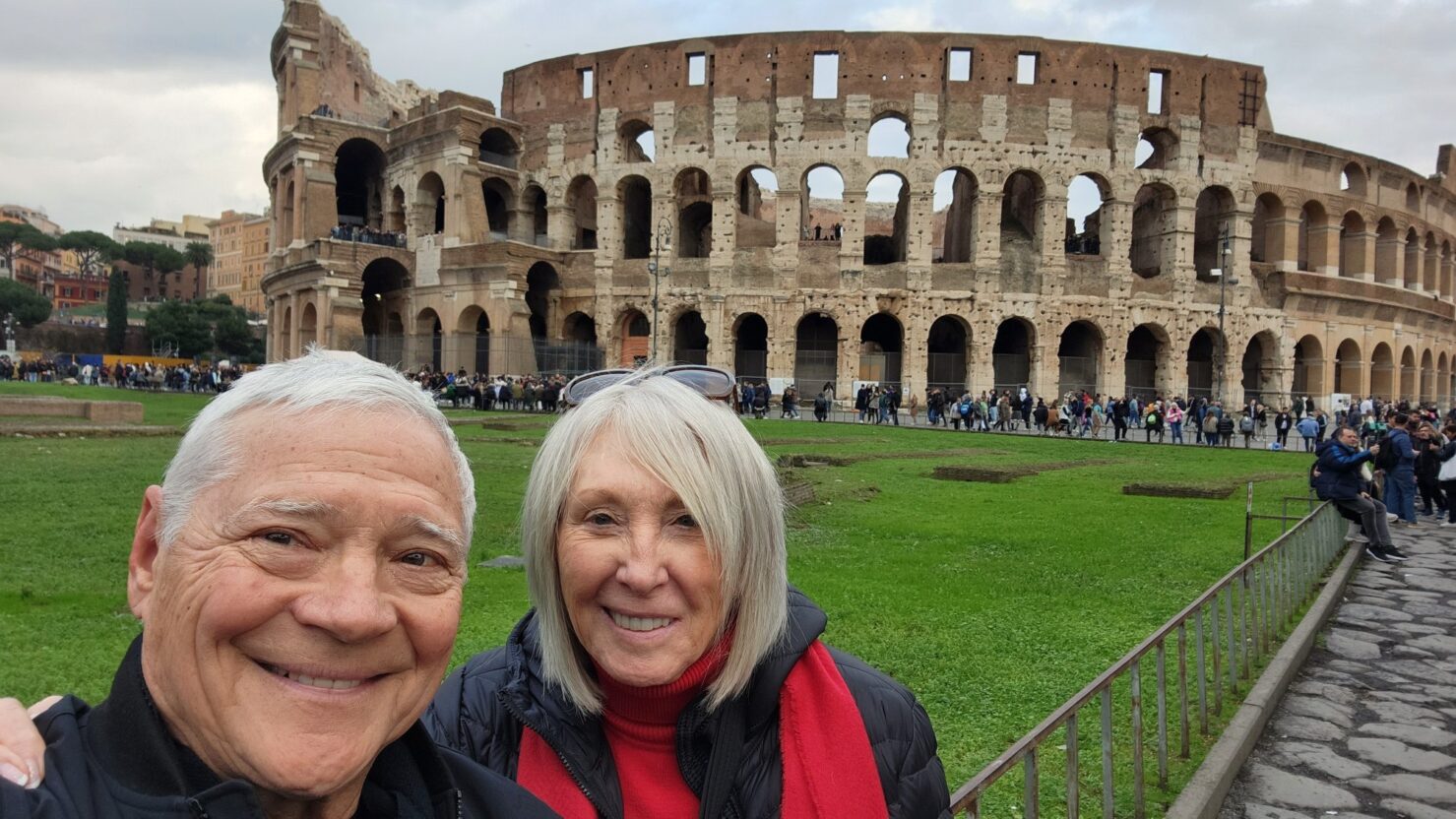
It could hold could hold between 50,000 to 80,000 spectators and reportedly averaged audiences of about 65,000. I hosted gladiator contests and public spectacles including animal hunts, executions, re-enactments of famous battles, dramas based on Roman mythology, and could be flooded for mock sea battles.
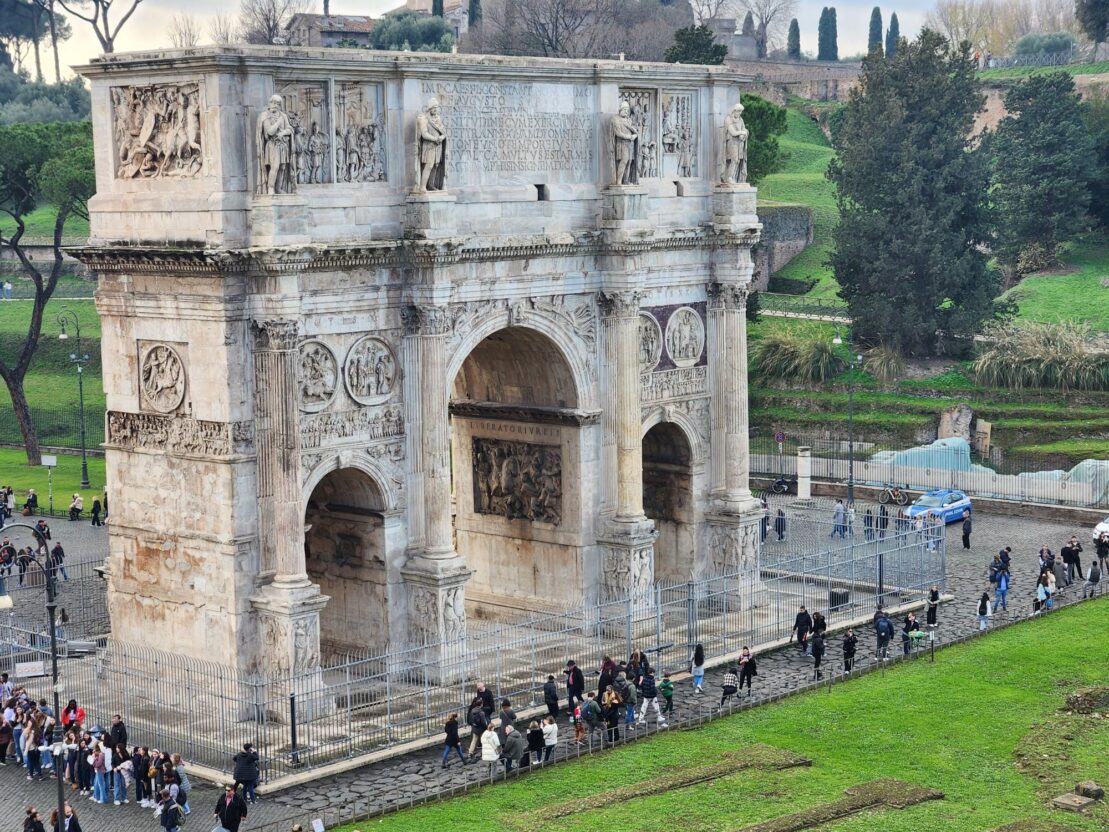
The Roman Forum is next door to the Colosseum and requires a ticket (like the Colosseum) to enter but one can get a sense of it from the sidewalks that surround it. The Forum was the center of Imperial Rome’s social and cultural scene serving as the terminus for military conquest parades, elections, the venue for public speeches, criminal trials and gladiatorial matches; and the nucleus of commercial affairs.
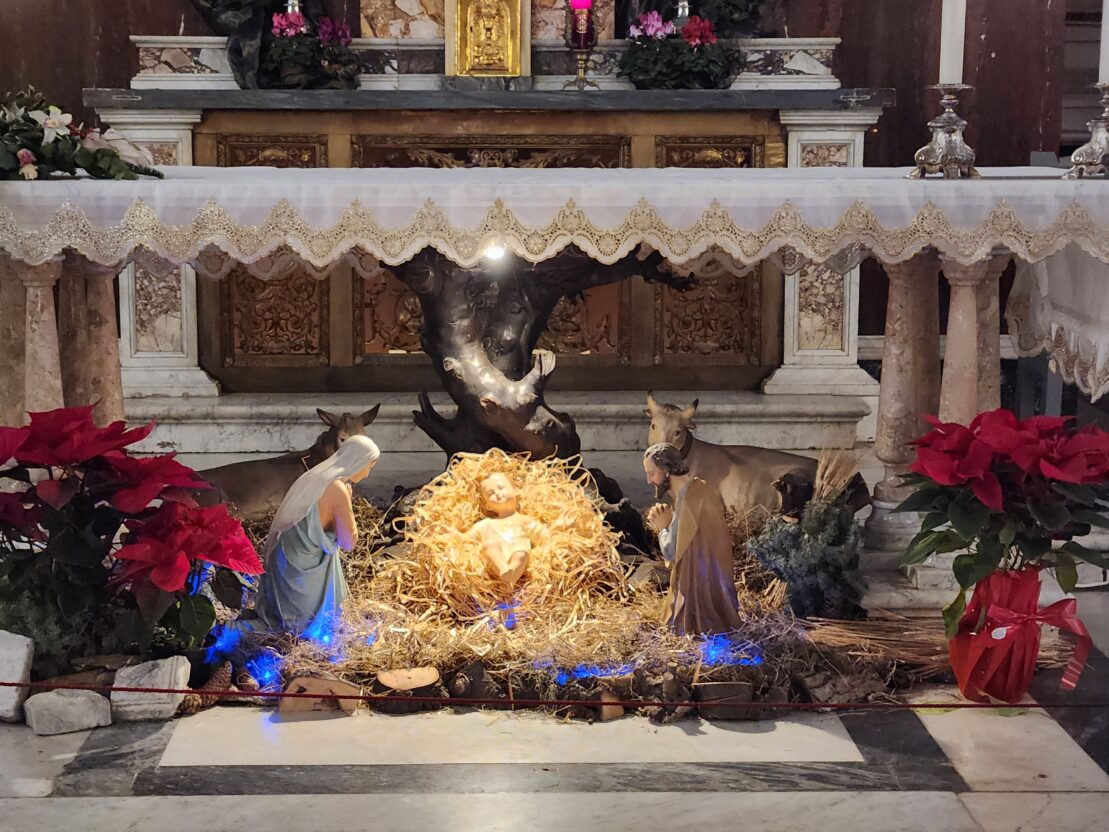
Lovers (and others) flock to the Trevi Fountain and the Spanish Steps. The final section of the Vergine Aqueduct built in 19 BC, the only one of the ancient aqueducts continuously in use to the present, the Trevi Fountain is the best known of the Roman fountains. Trevi is well known from movies and has a legend that if you throw a coin in you will return to Rome. Many people don’t know that there is a small rectangular basin to the right, away from the fountain, with two small spouts for lovers.
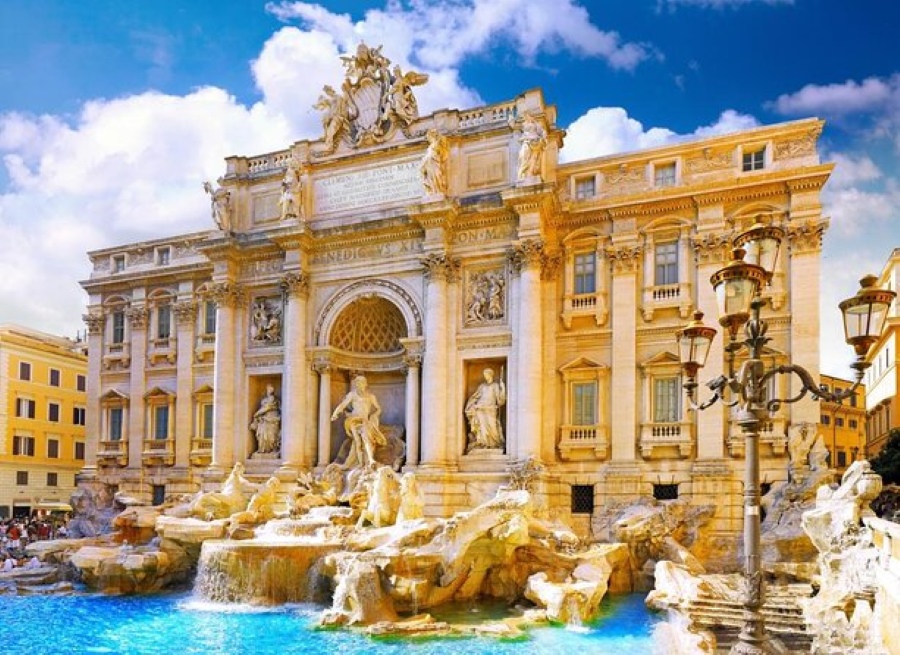
The Spanish Steps were created to replace a muddy hillside separating the Pincio Hill and the underlying Piazza di Spagna about 300 years ago in anticipation of the Jubilee of 1725 by Pope Benedict XIII. The steps are thronged, even at Christmas time, with people gathering to enjoy the views and the local restaurants and cafes. The Barcaccia Fountain, located at the bottom of the Spanish Steps, is fed with fresh water which comes from the Acqua Vergine aqueduct, as well.
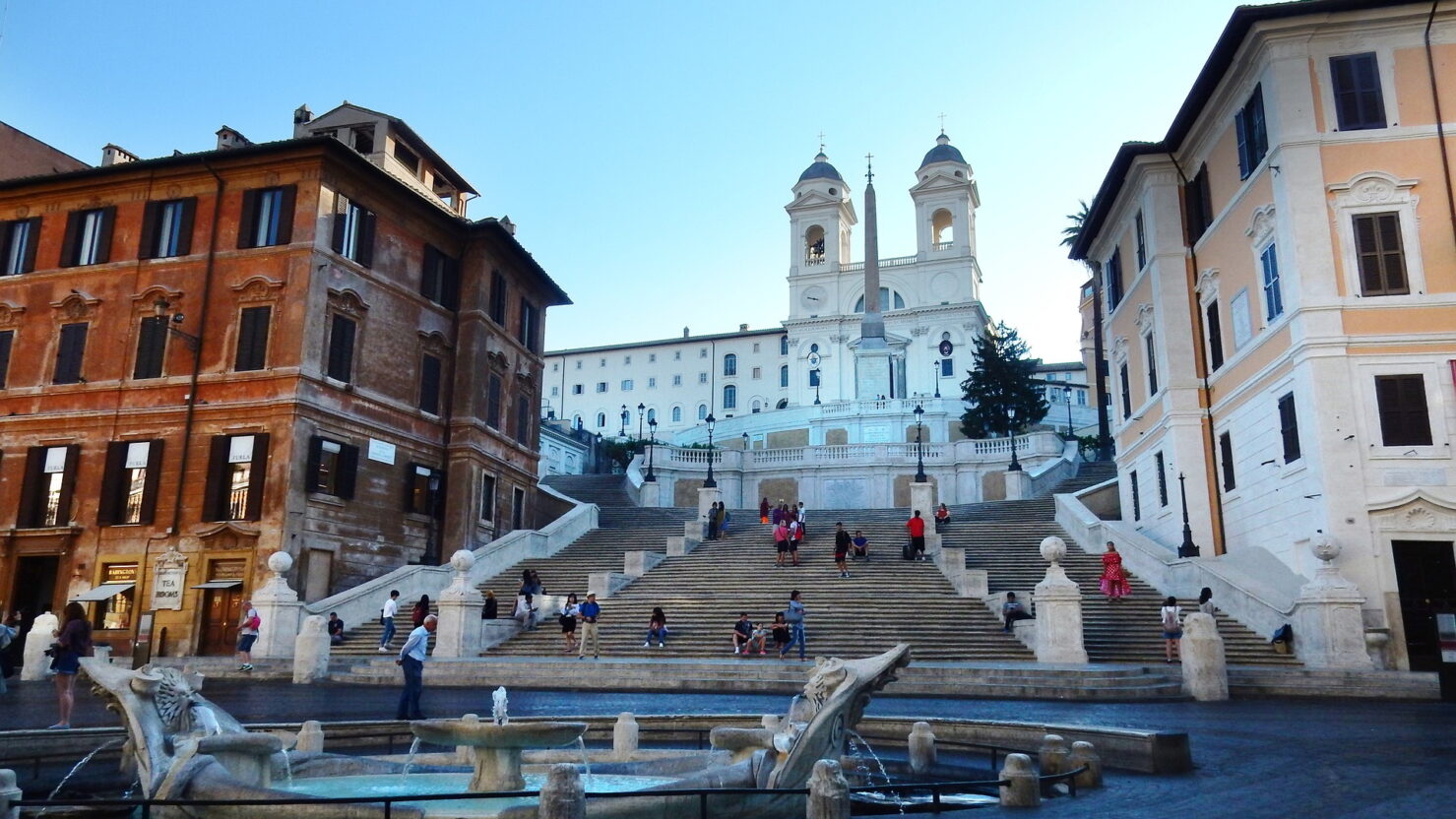
The Monument to Victor Emanuele celebrates the unification of Italy while honoring Victor Emmanuel II, who was for many years, a leader of the Italian unification movement and in 1871 became the first king of the fully unified Italy. It was inaugurated forty years later in 1911. The monument offers panoramic views of Rome from its various levels including a rooftop accessible by an external elevator (ticket required). Evening may be the best time to walk the steps and ride to the rooftop.
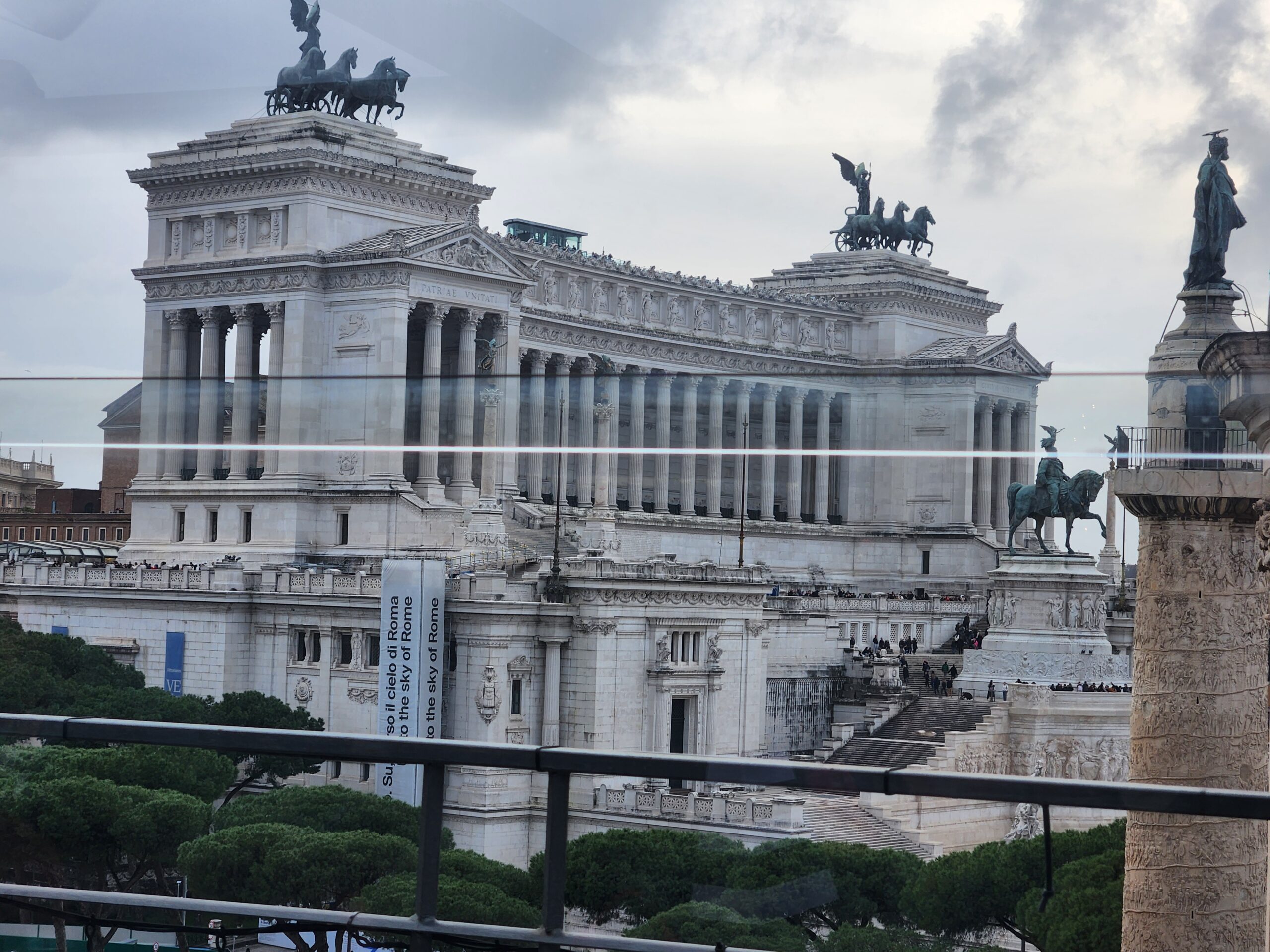
Later, we walked past the Forum to the Forum Hotel. We rode the lift to the American Bar, a rooftop bar on the top floor of the Hotel Forum. The views of the Imperial Forum and the Victor Emanuele Monument are breathtaking. The snacks are very good and the drinks are well worth it. Go early but stay through sunset. It was a perfect way to spend a couple of perfect hours on our 2nd last evening in Rome.
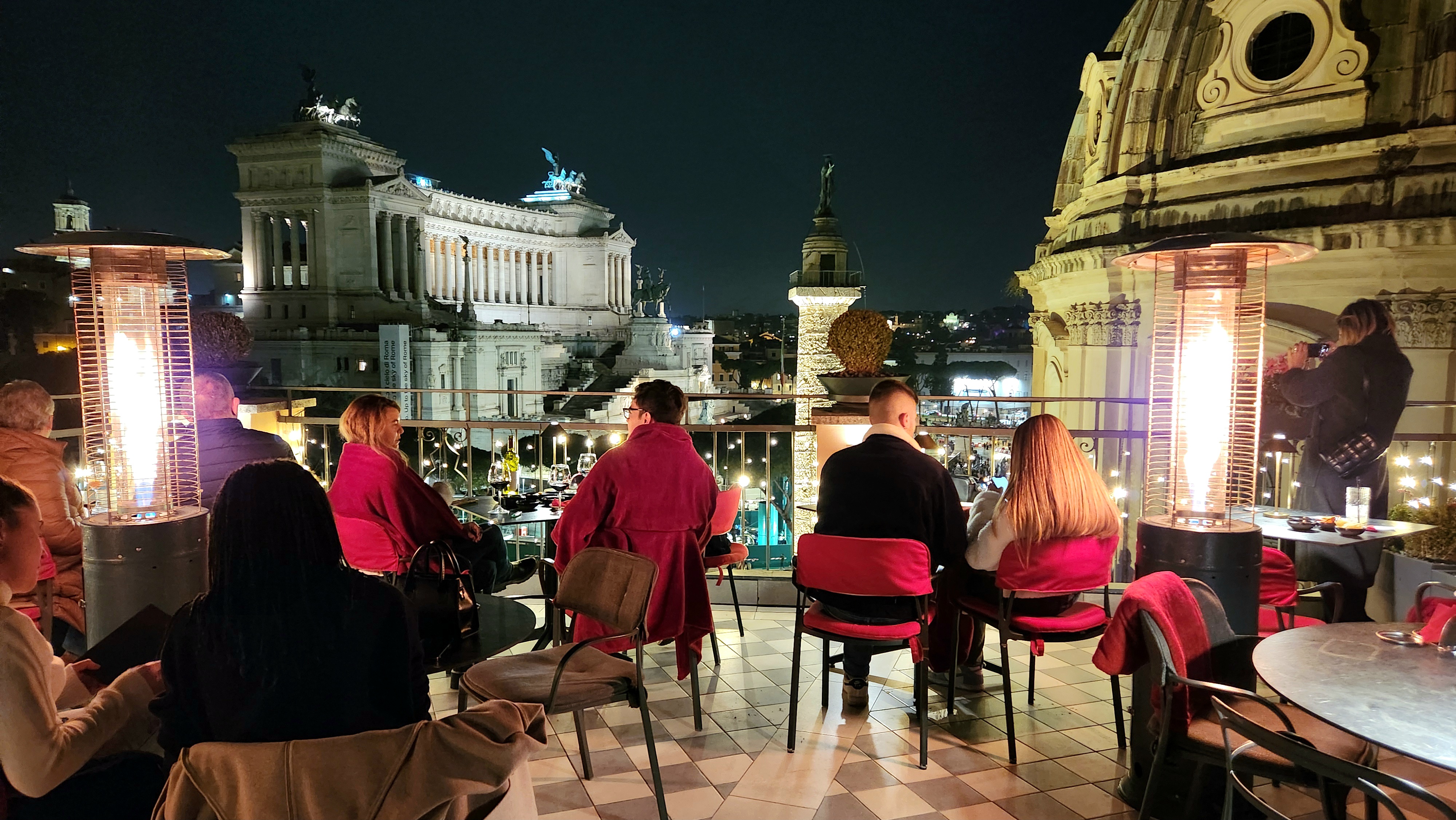
Assisi – “White City of Assisi”
We took a train from Rome to Assisi on our last full day in Rome. It took about 2.5 hours to get there and once we arrived; we took a short taxi ride from the train station to the hilltop city of Assisi. We had never been to Assisi during any of our 10 trips to Italy including other parts of Umbria, so it was appropriate that we may the journey.
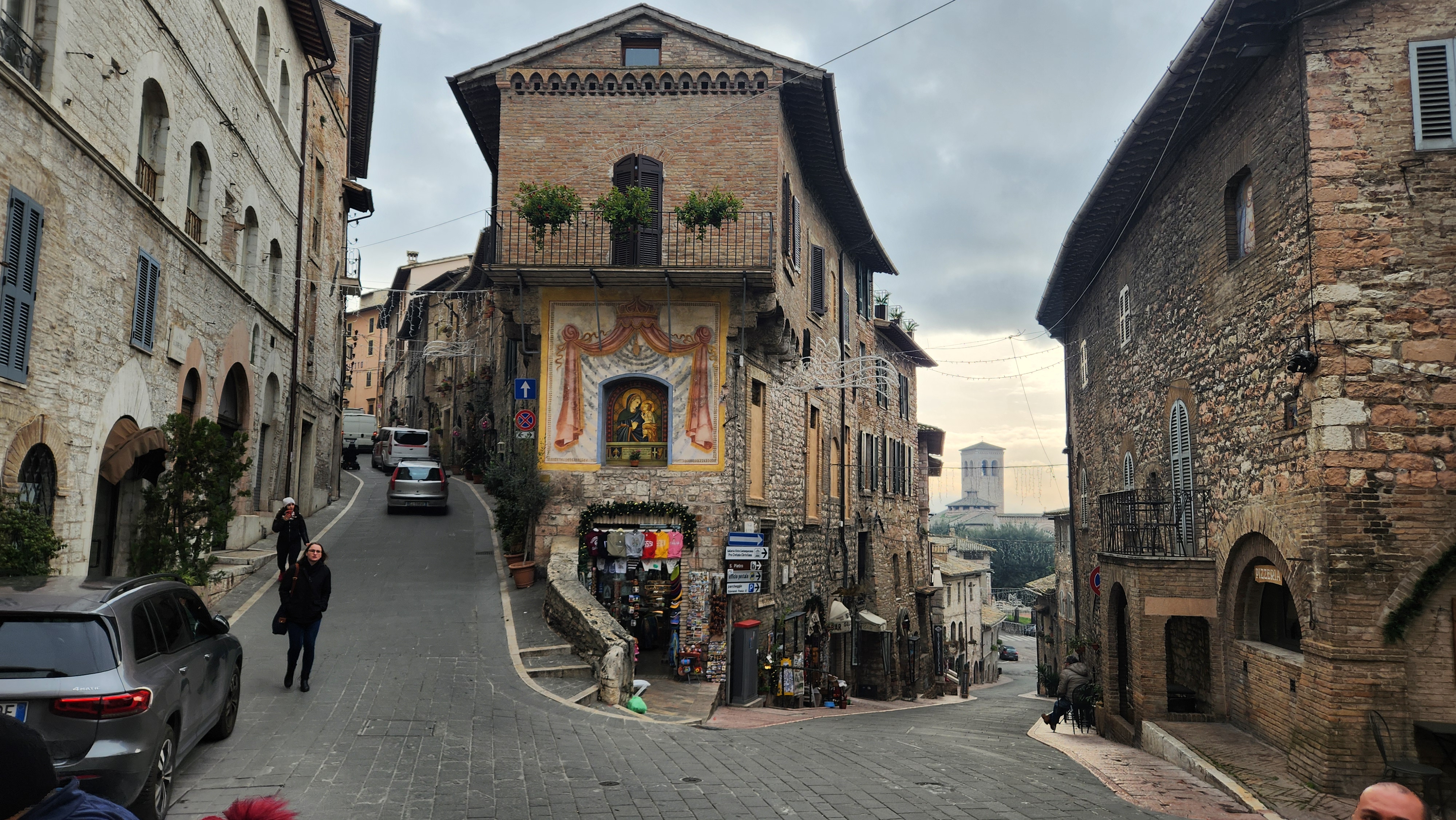
Assisi was the birthplace of St. Francis (1181–1226), one of Italy’s most well-known patron saints and the founder of the Franciscan religious order (I went to a Franciscan High School). Francis was a friar and preacher but he was never ordained as a priest. He was canonized as a saint just two years after his death, on July 16, 1228, by Pope Gregory IX. He is probably best known for his “Prayer for Peace” which begins, “Lord, make me an instrument of your peace: where there is hatred, let me sow love..”
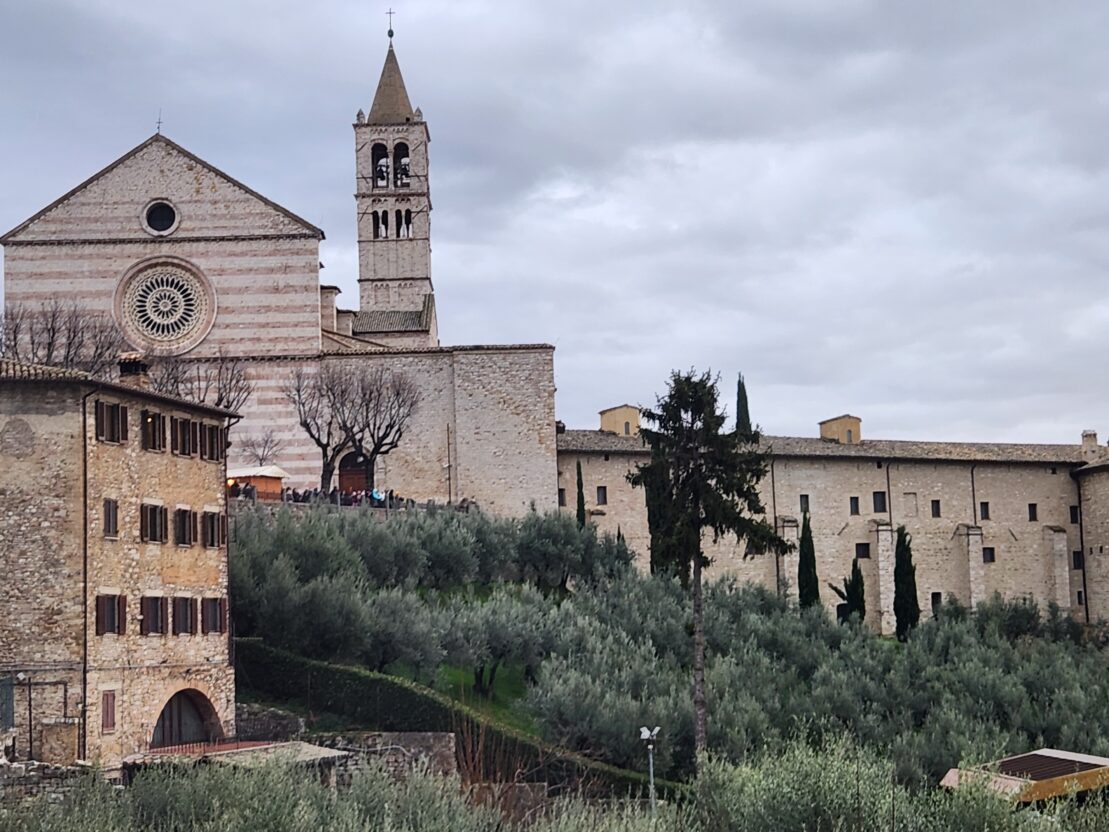
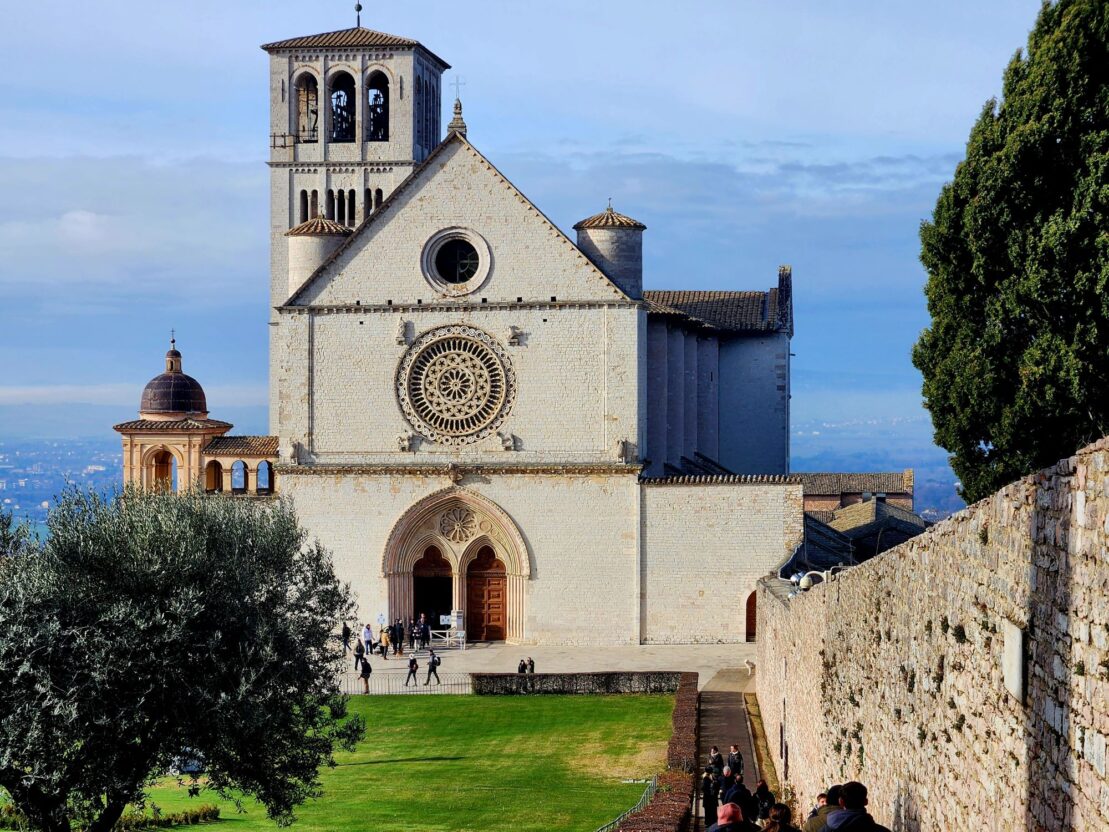
The Basilica of St. Francis is a both massive and beautiful. It has 2-levels with the lower-level housing St. Francis’ tomb. The church was consecrated in 1253. Its 13th-century frescoes portraying the life of St. Francis have been attributed to Giotto and Cimabue, among others.
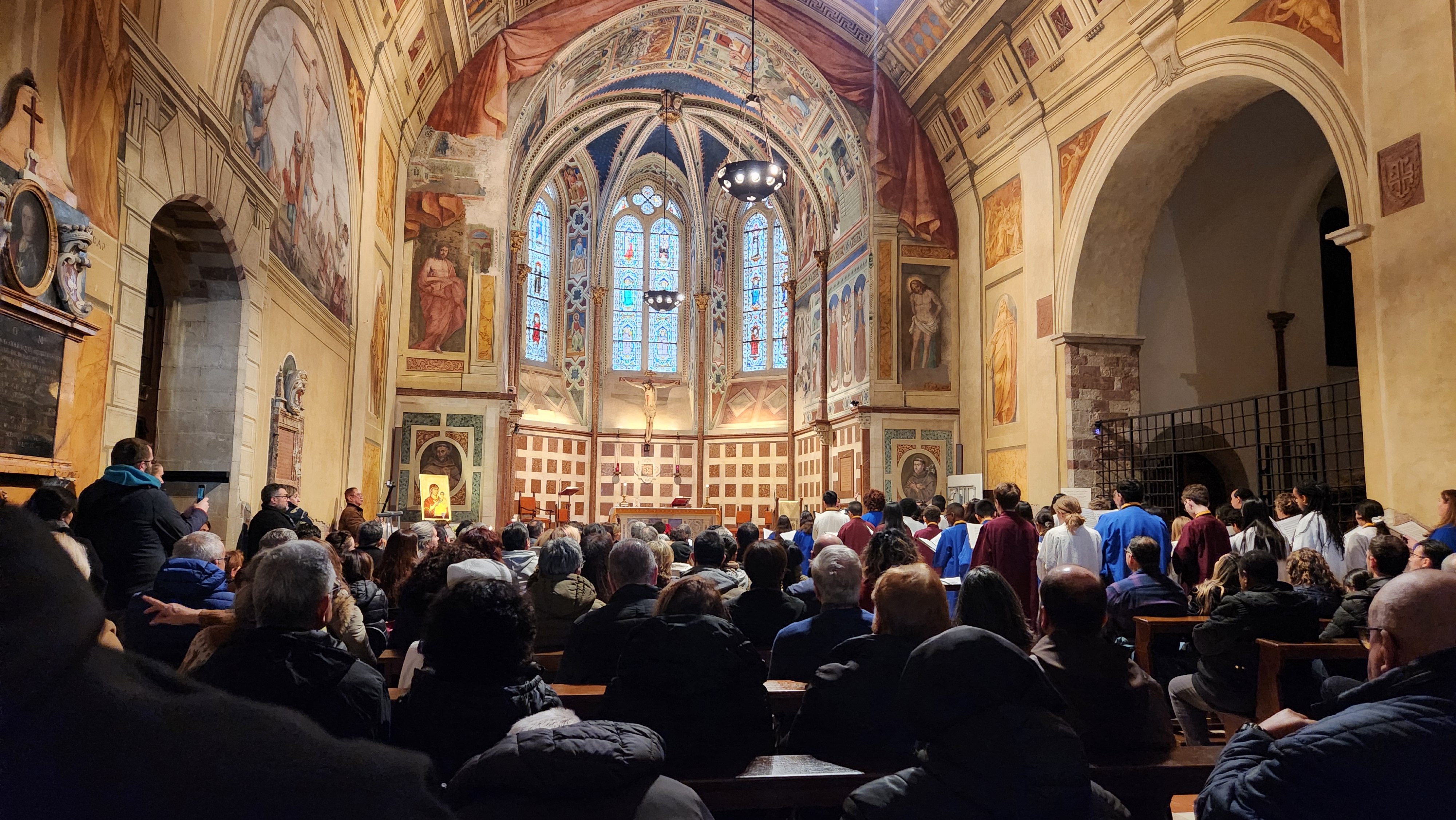
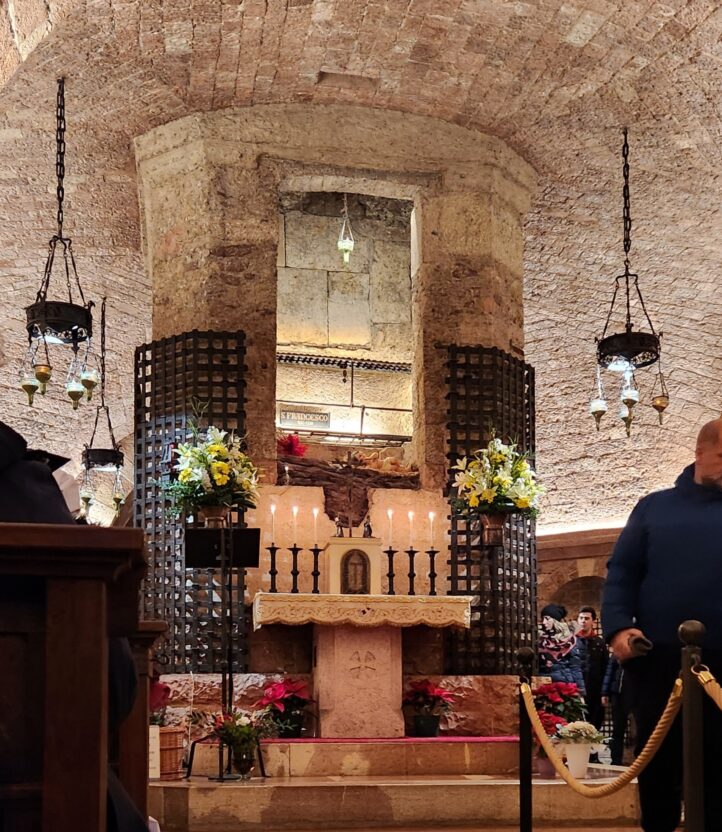
We found a very special ristorante in Assisi where we enjoyed a leisurely lunch. The Ristorante at La Terrazzo Hotel was the perfect choice. Intimate and away from the touristy hubbub around the Basilica, we just chilled out enjoying pasta, dessert and wine. The views from the terrace were stupendous.
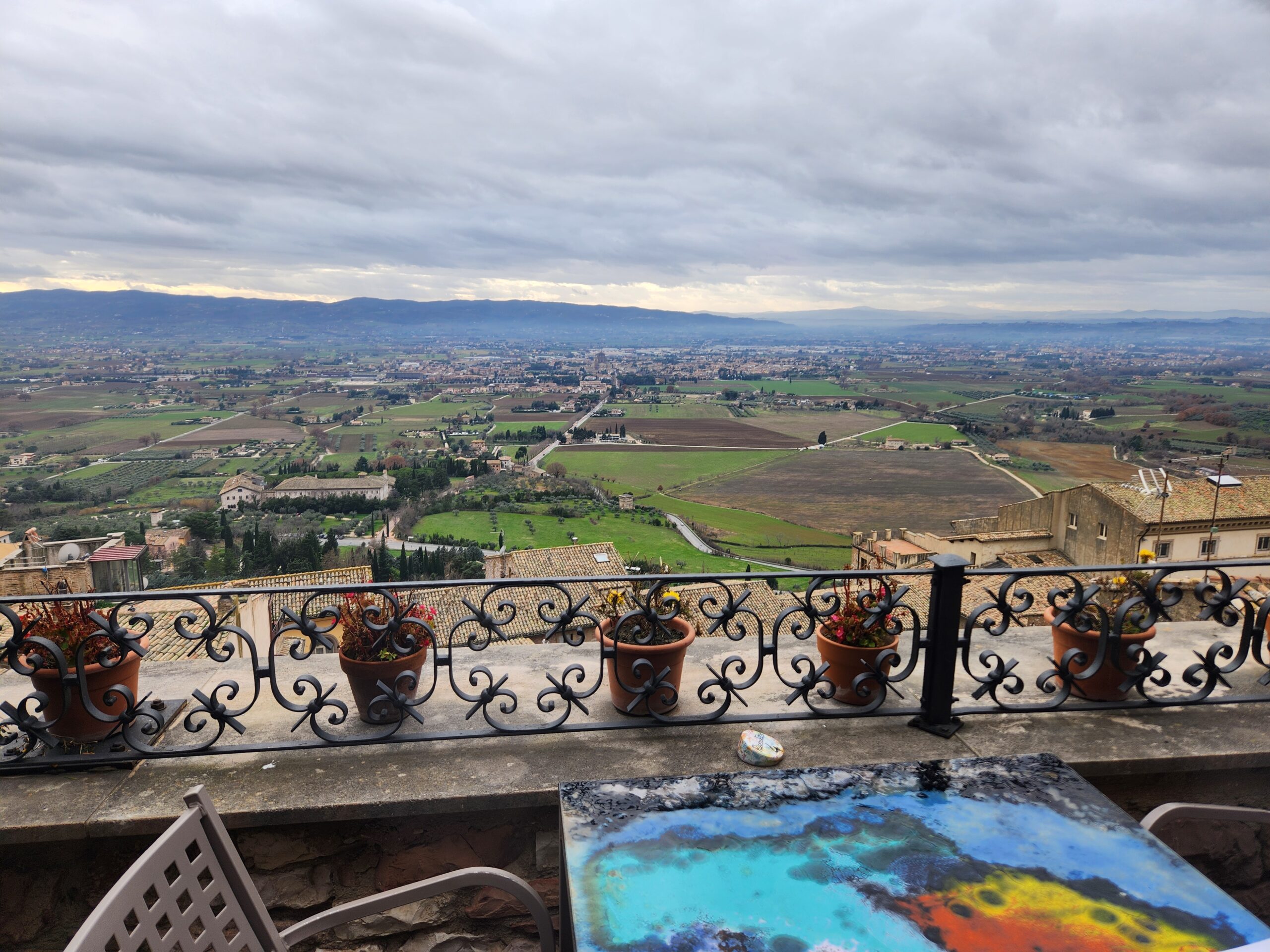
We walked the rising streets of the city though the Piazza del Comune, where the Roman Temple, dedicated to Minerva, remains. The temple was built in the 1st Century BC and the façade with 6 Corinthian Columns remains.
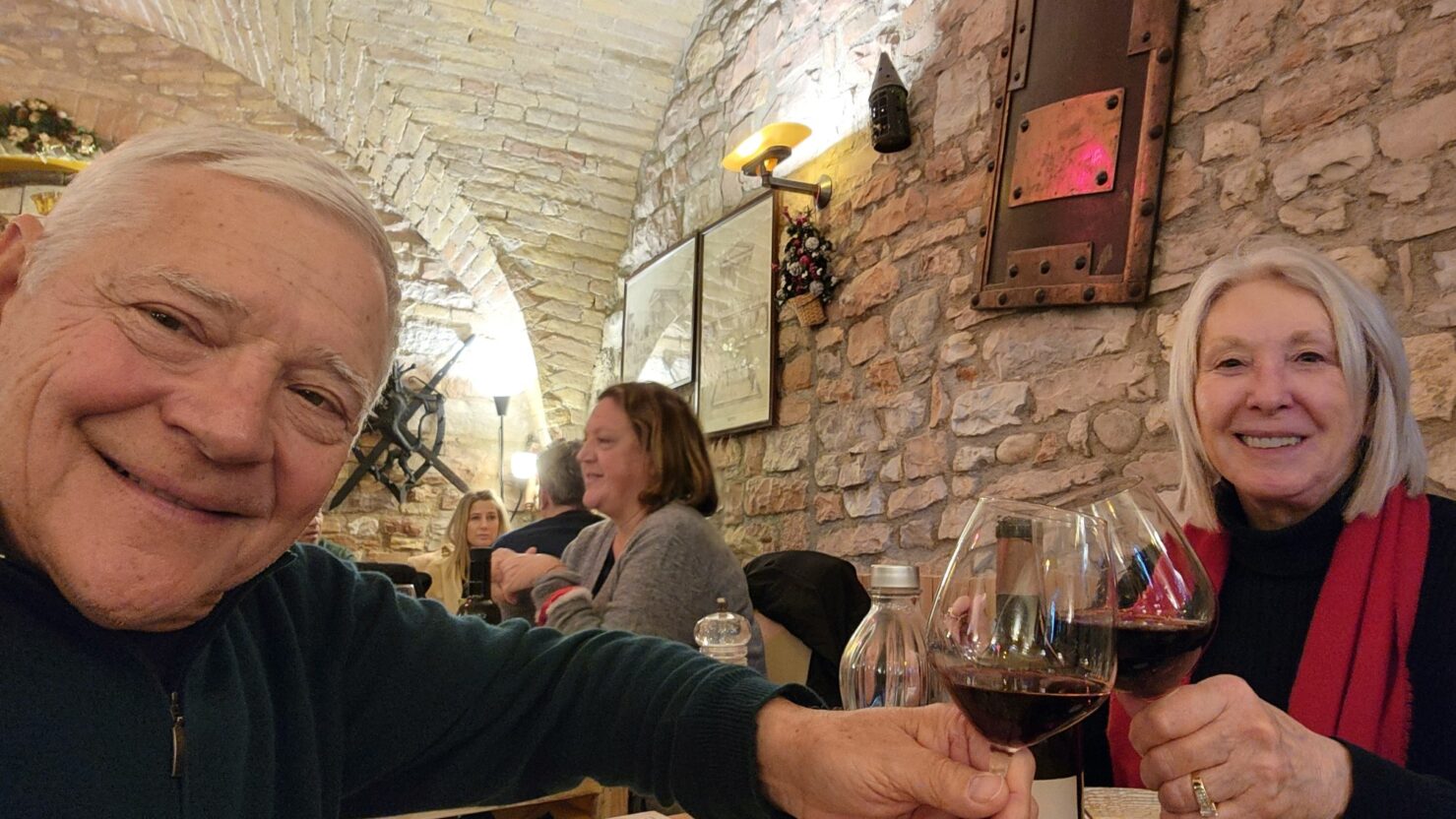
Why the White City of Assisi? Because of its pale pinkish-white buildings, unlike the traditional Tuscan yellowish buildings. Yes, Assisi was absolutely worth the 5 hours round trip on the train!
Looking back, this Italian adventure was a priceless opportunity for our two grandsons to experience their Italian family as well as the history and beauty of Italy itself! It was fun for us as well to enjoy it with our daughter and her husband. You could consider this a parallel piece to Linda’s Trip of a Lifetime!
We visited all three of those cities With Wes and Katie. Your narrative was very accurate and brought back many pleasant memories.
Jim, That must have been so much fun with them. #RIP Katie!! Thanks for reading and commenting. John
You captured the essence of this adventure beautifully.
Thanks!! Did you notice the caption of the tourist? 🙂 M&D
Thanks for the beautiful tour, you guys! Seems overwhelming, all the things you did. One stop we would make if we were to go to Italy, would be WWII battle at Riva Ridge where Kathy’s father fought, in the 10th Mountain Division, nighttime assault up the Ridge.
You guys should ‘just do it’!!